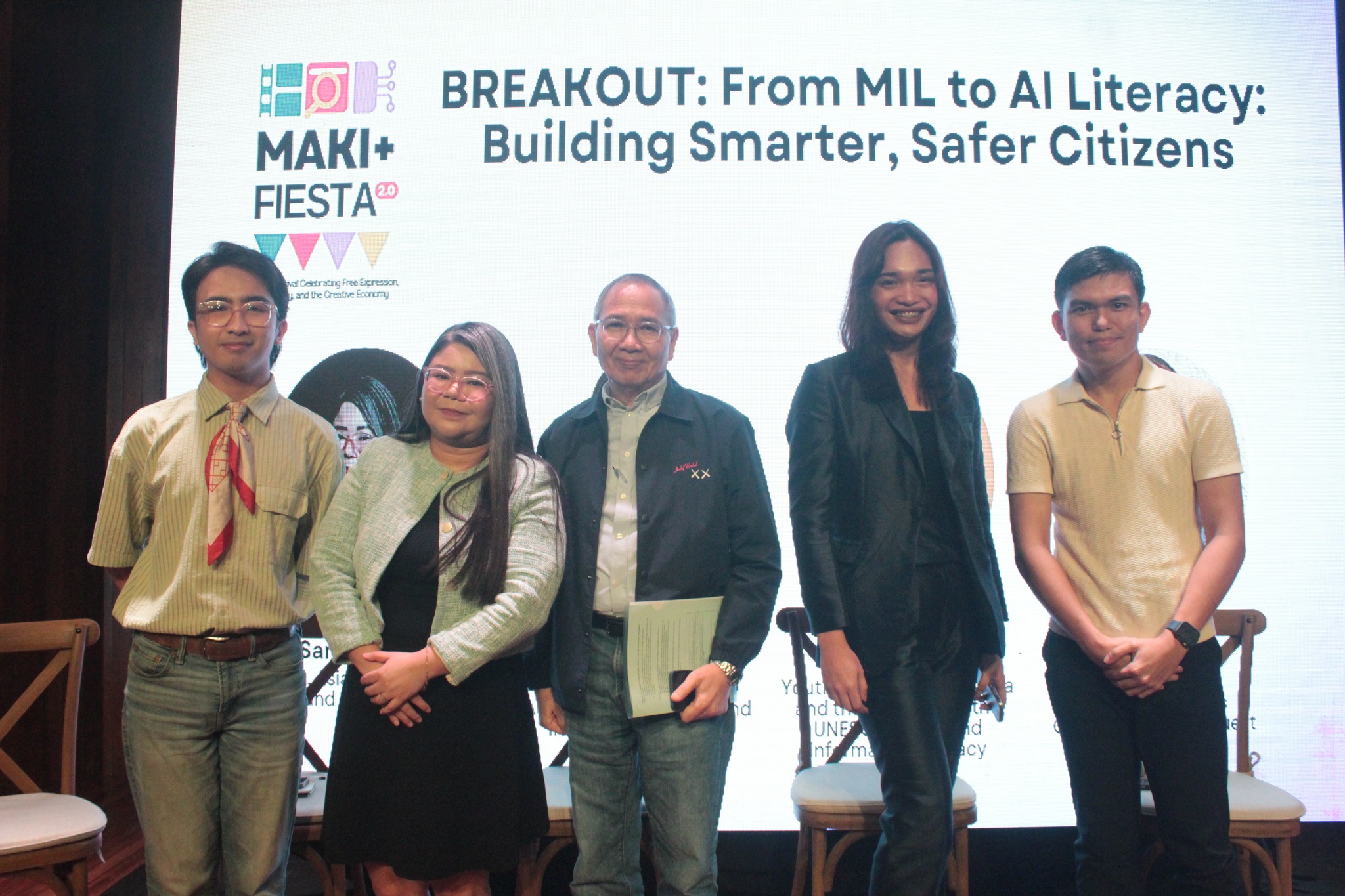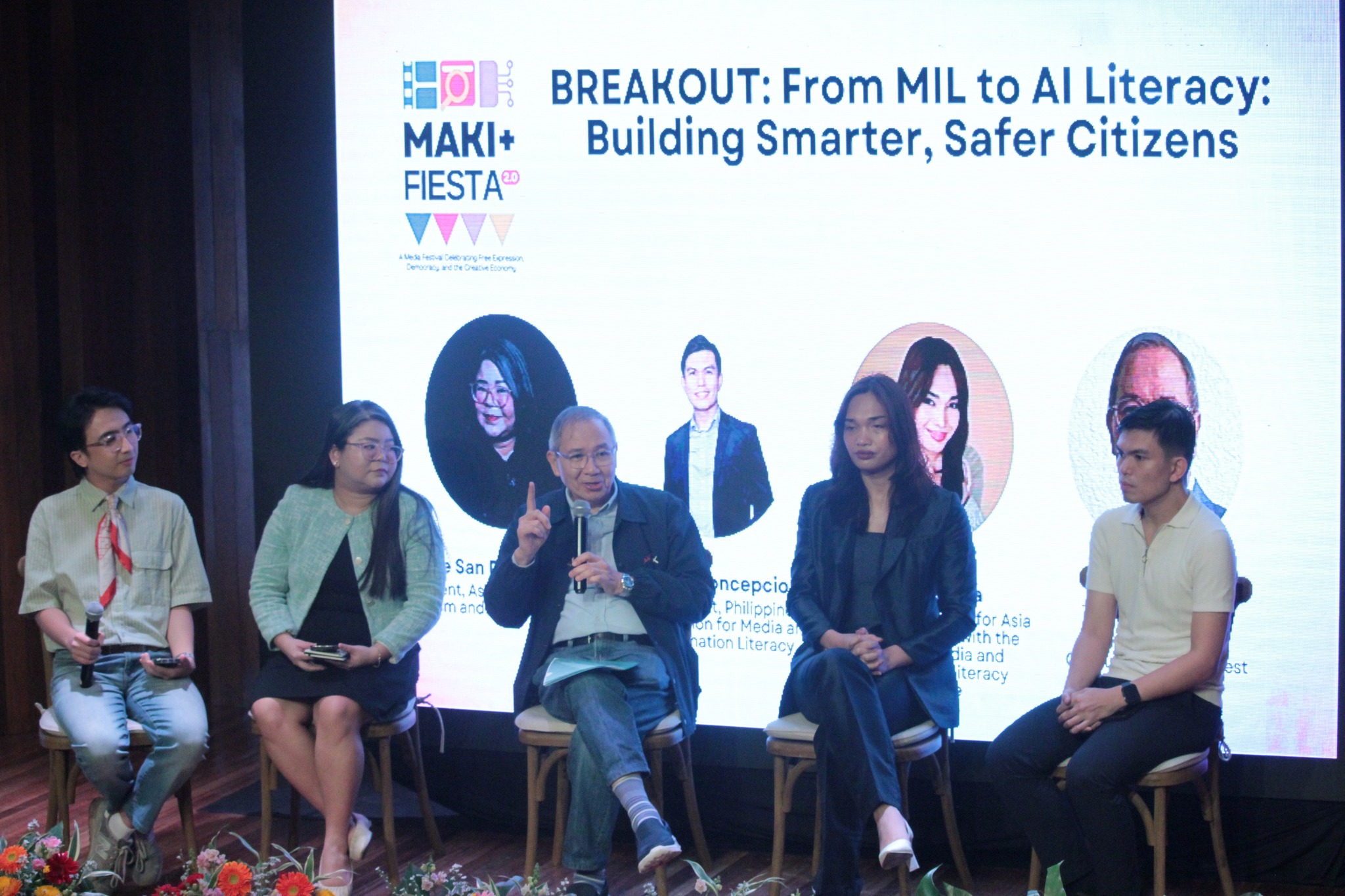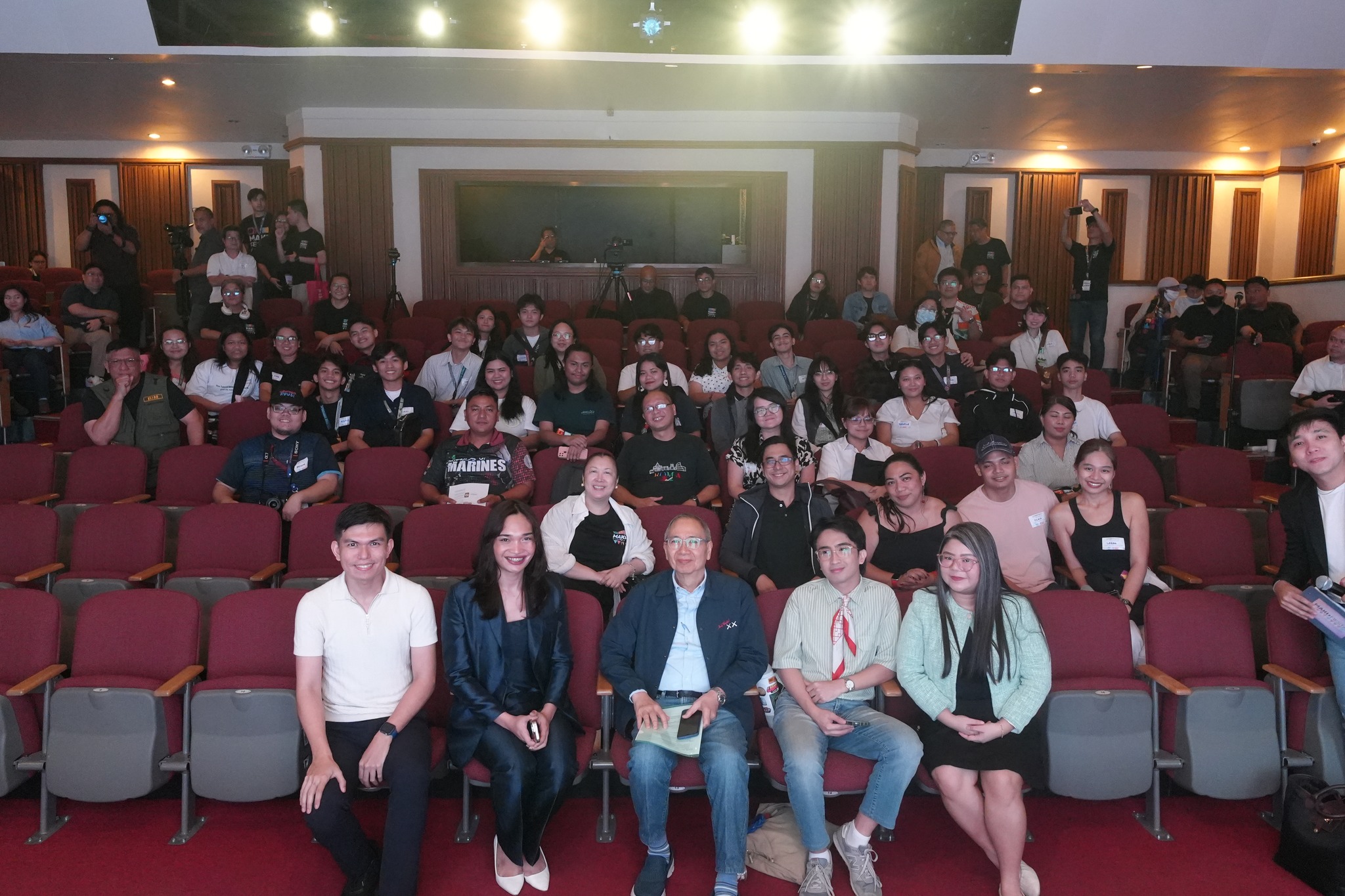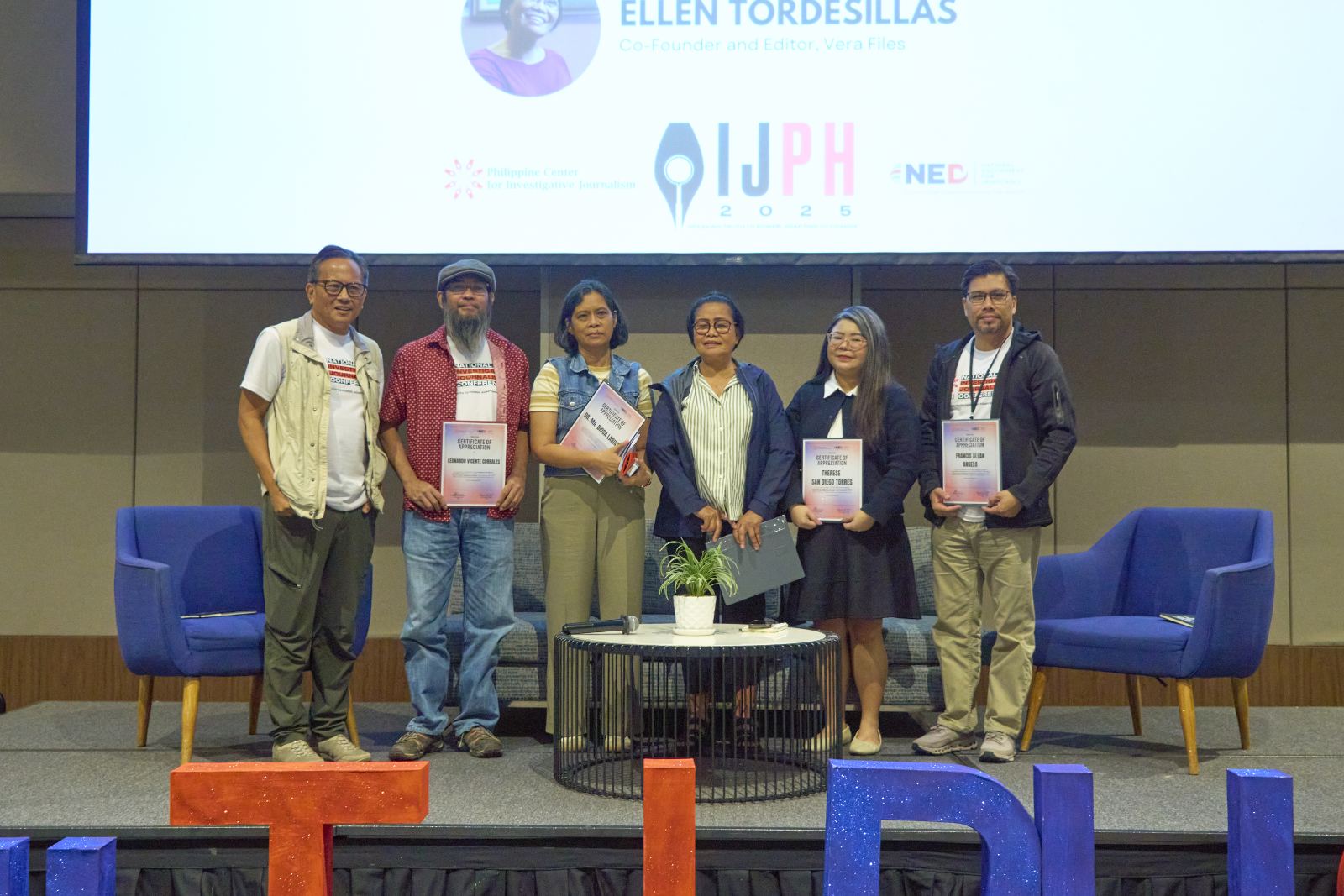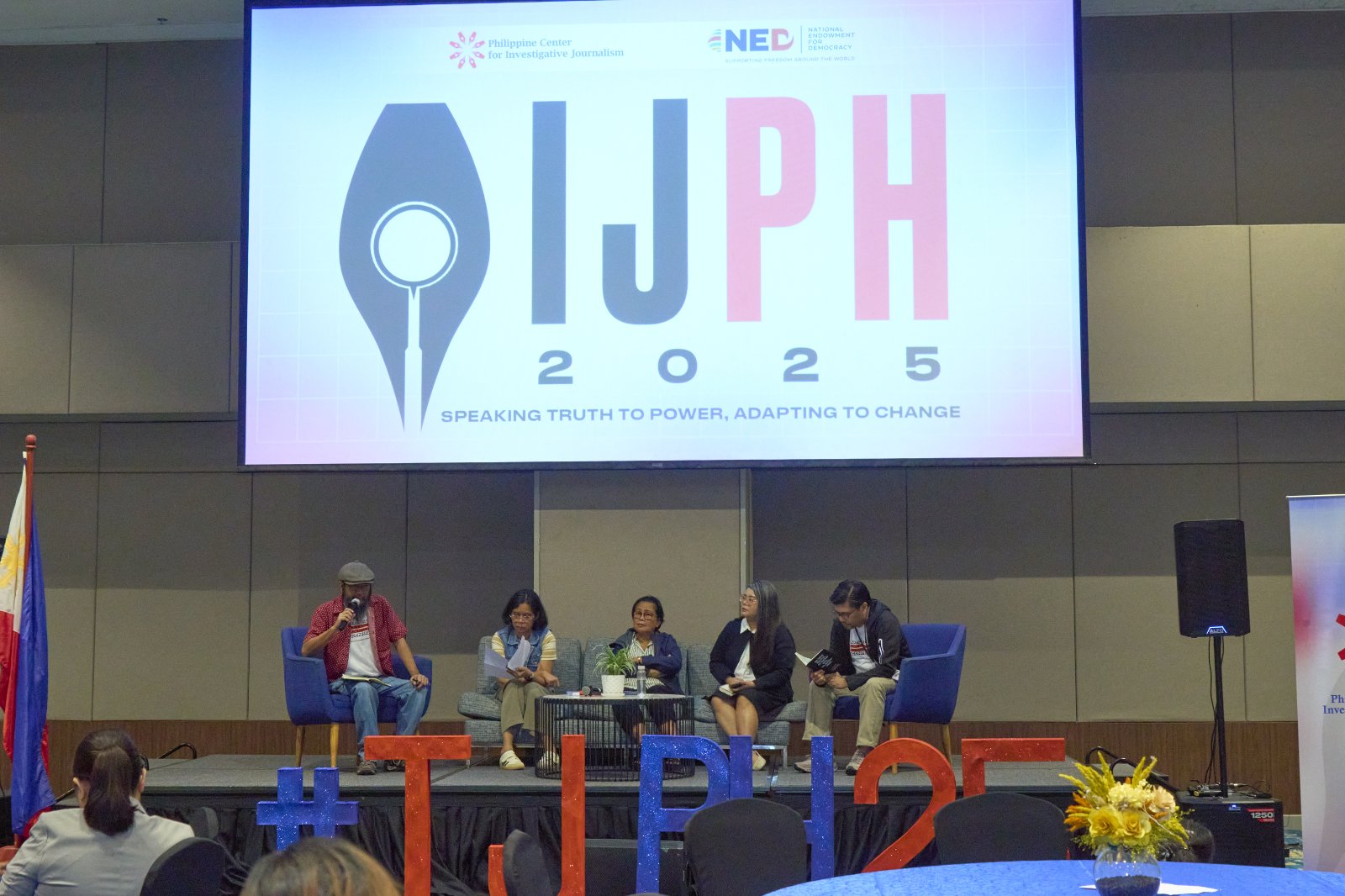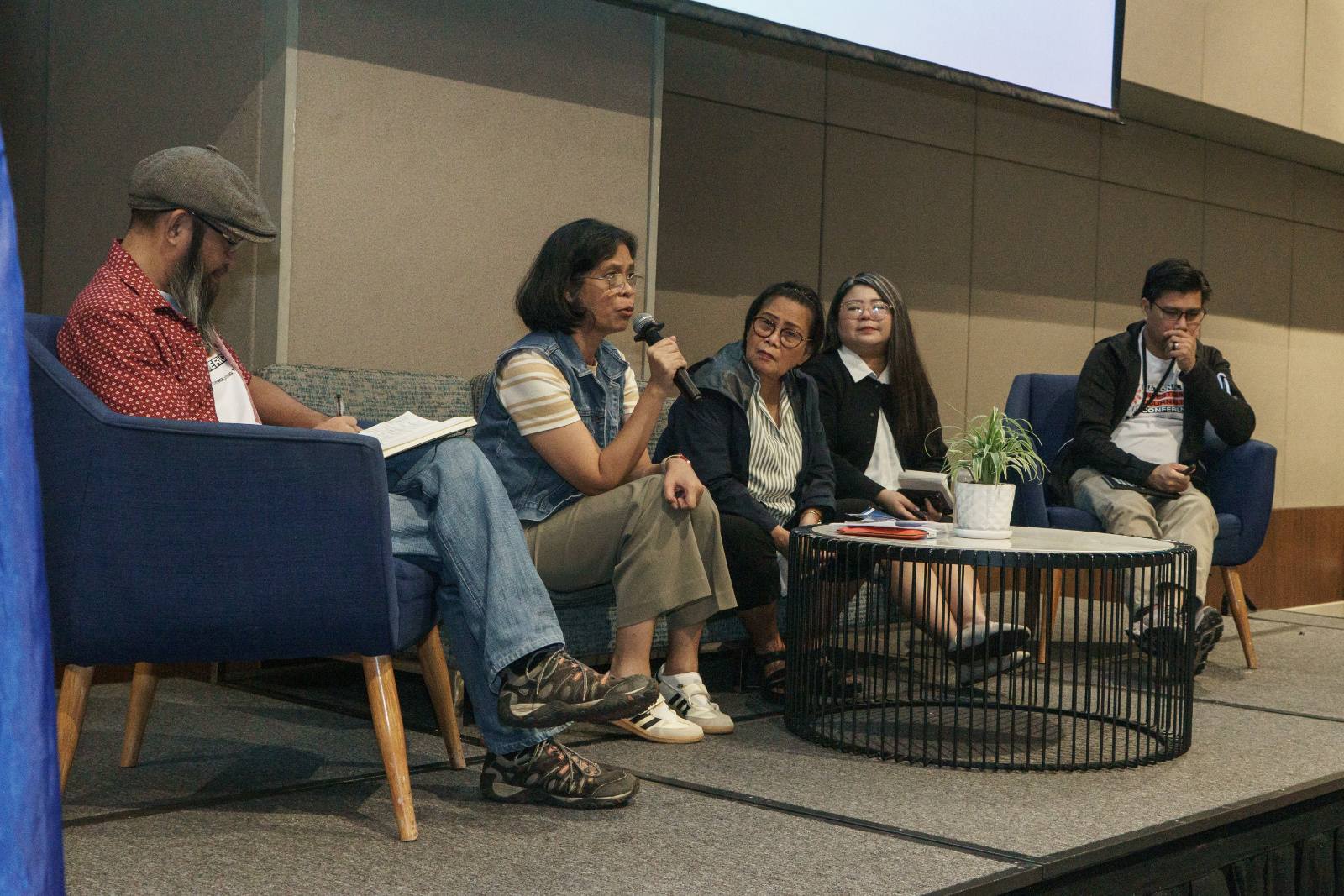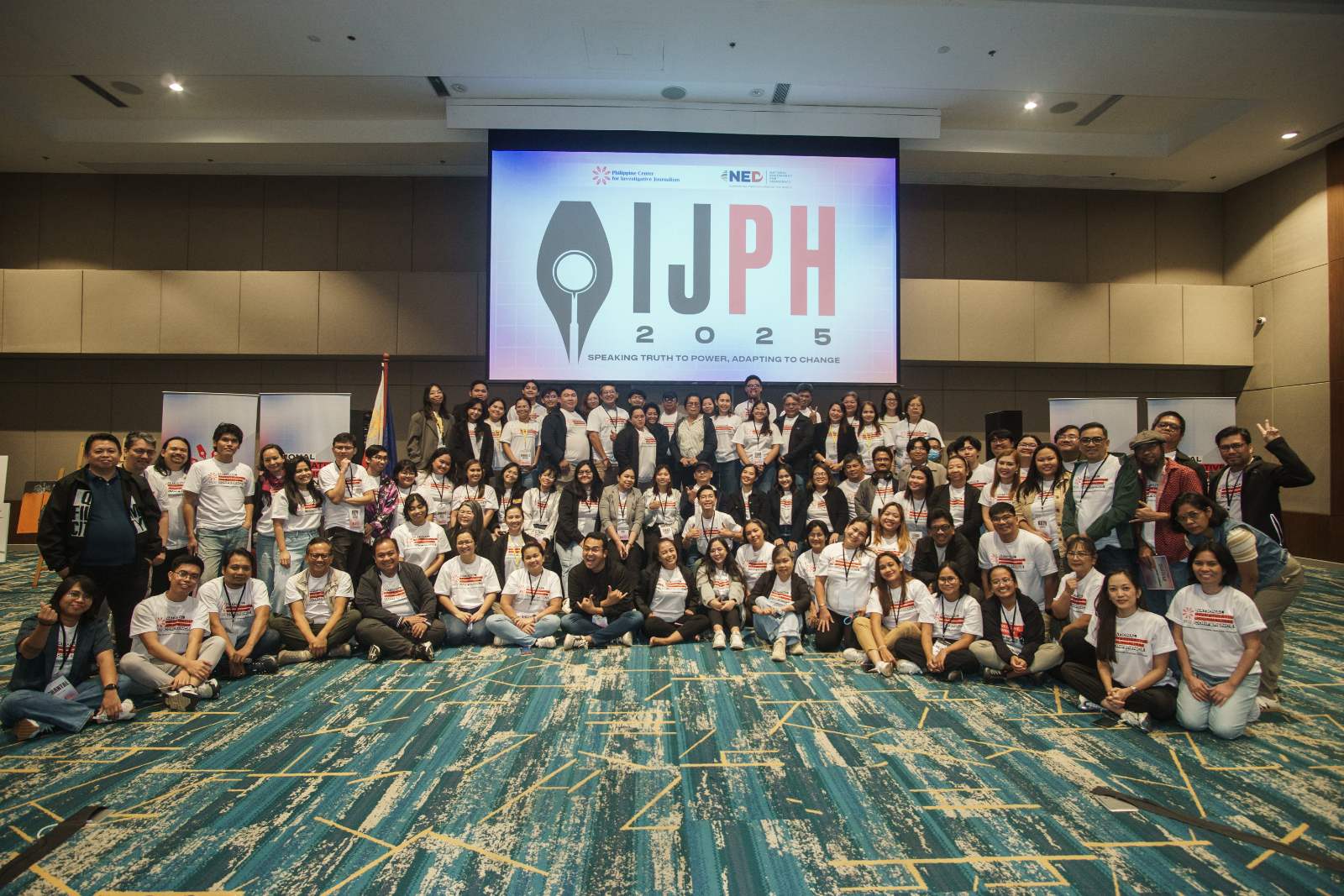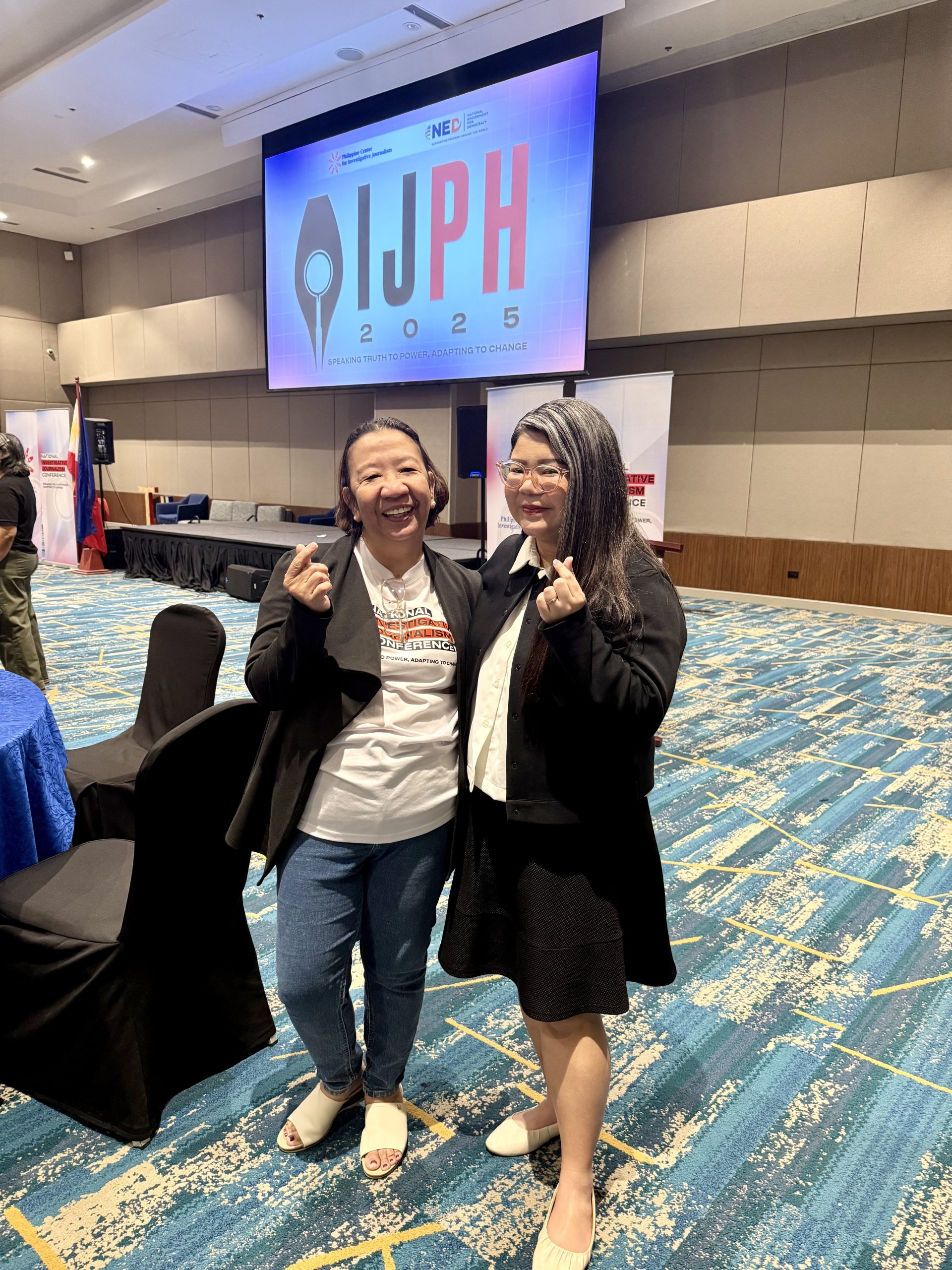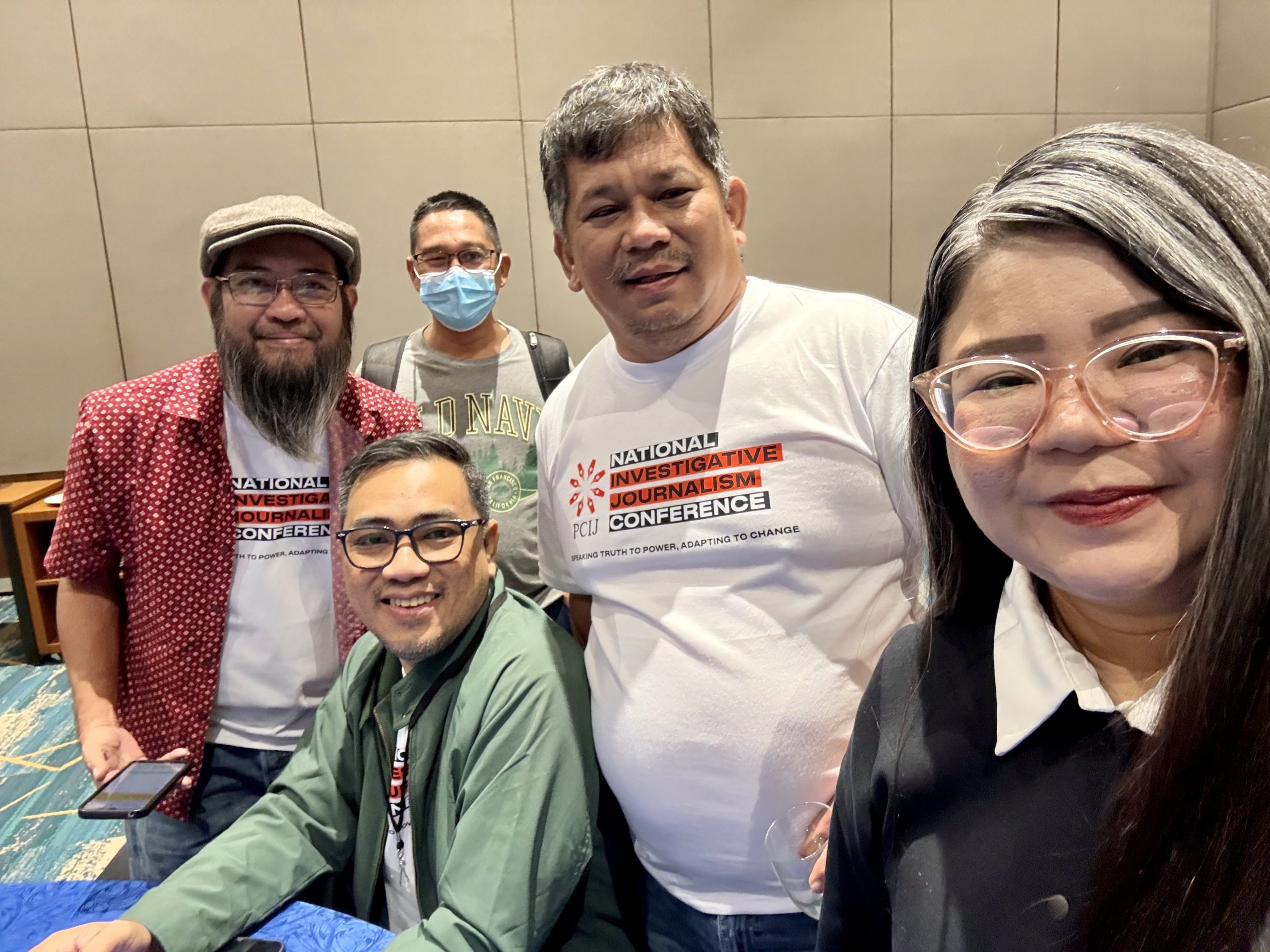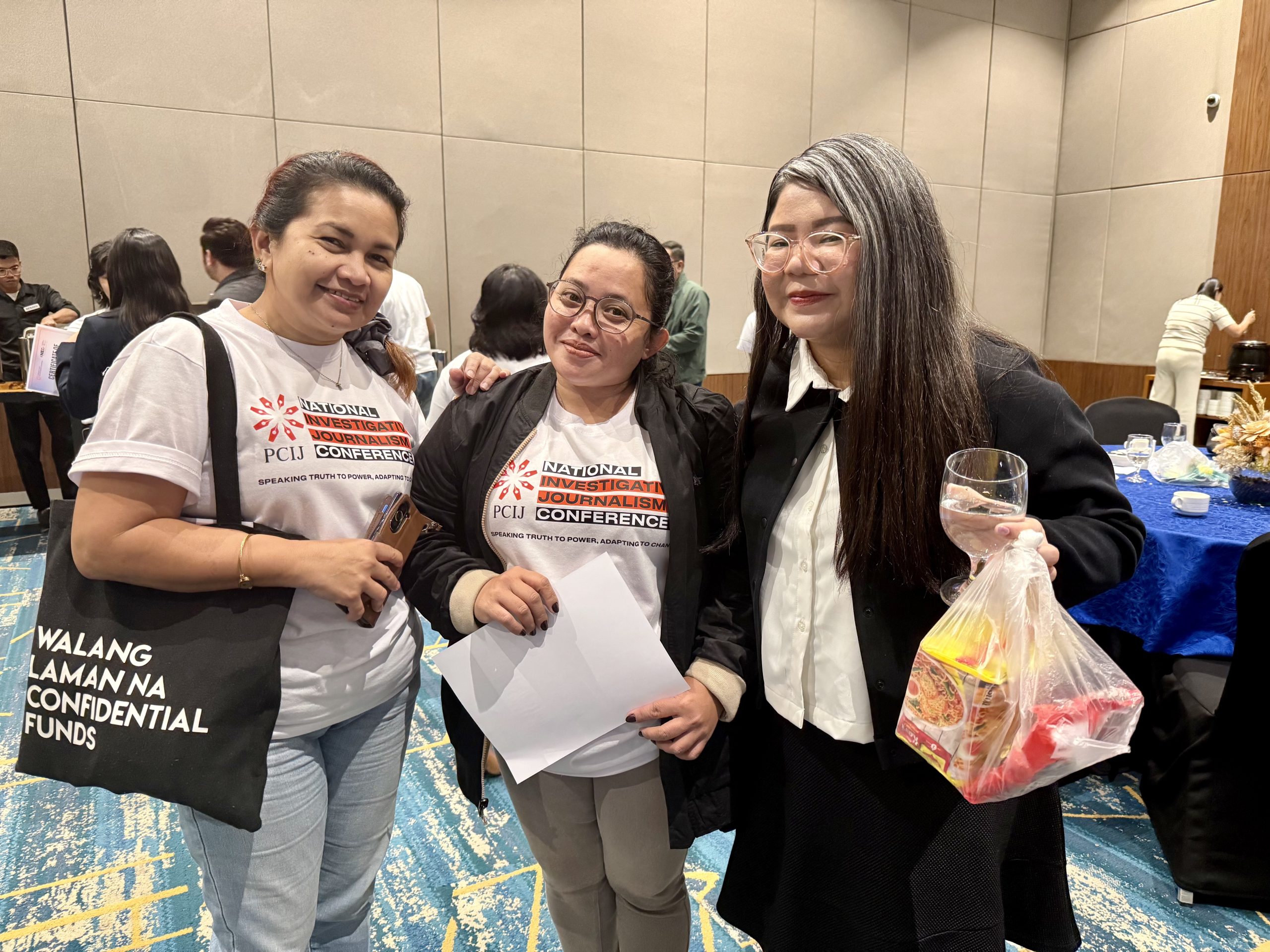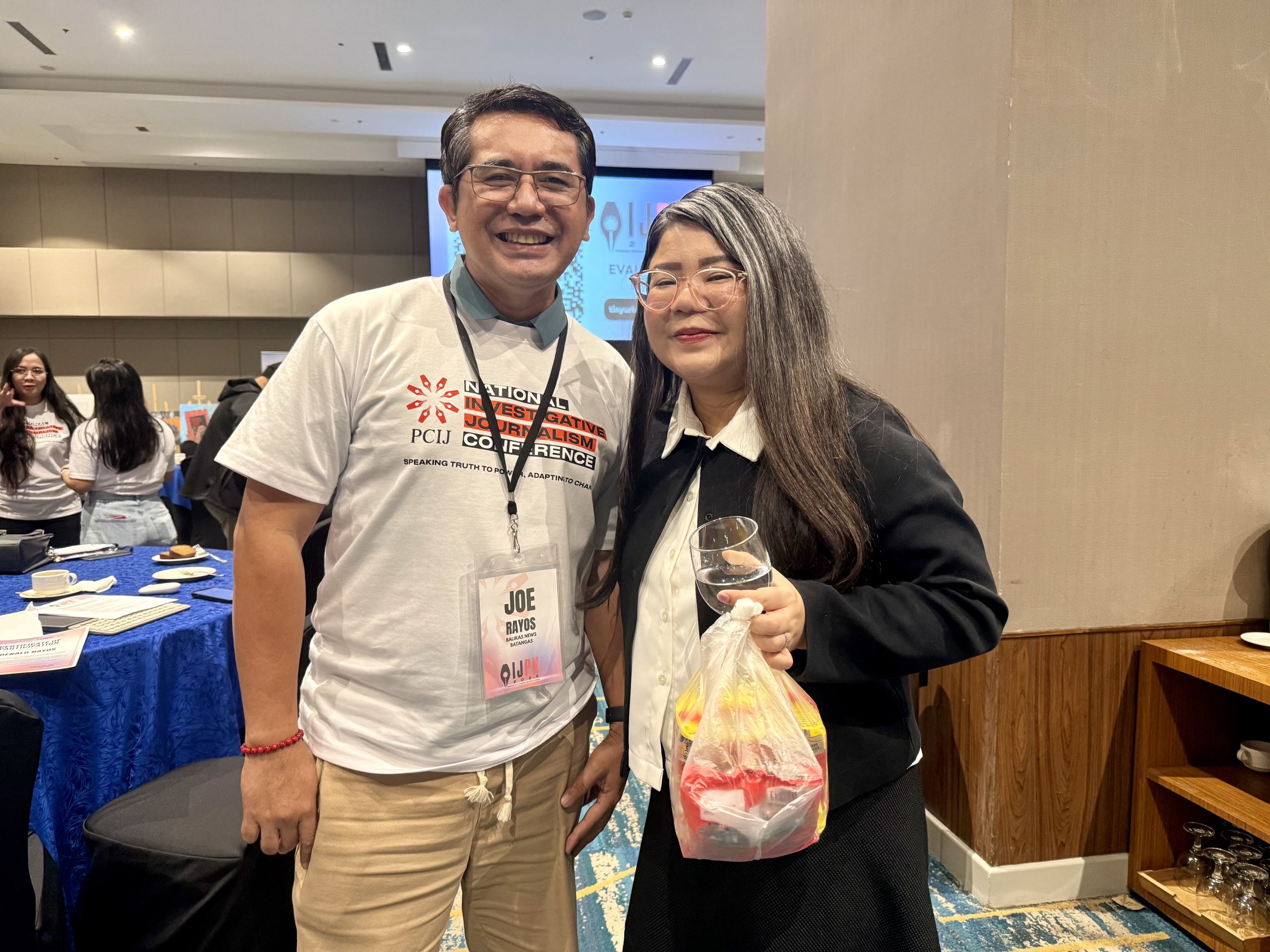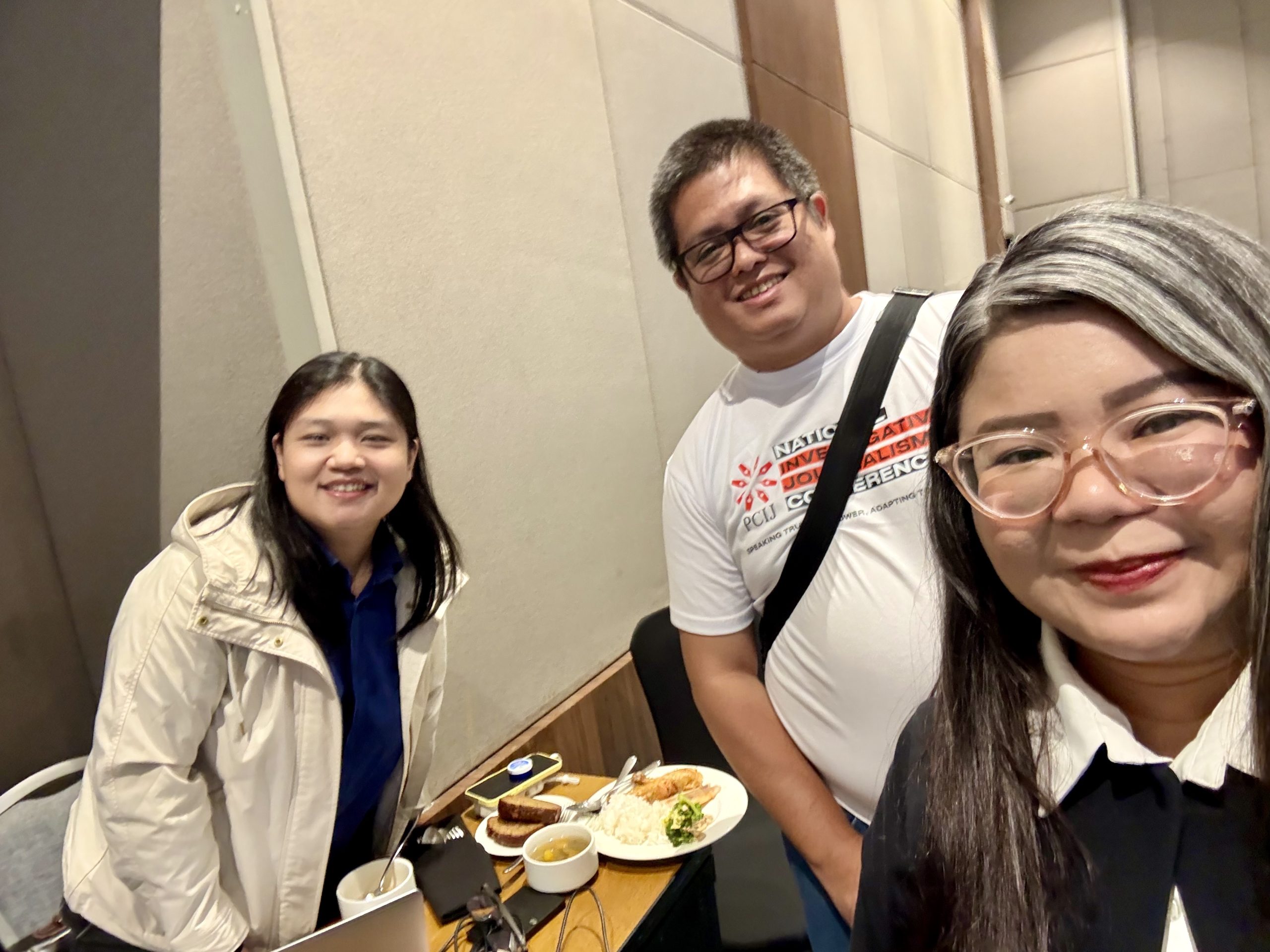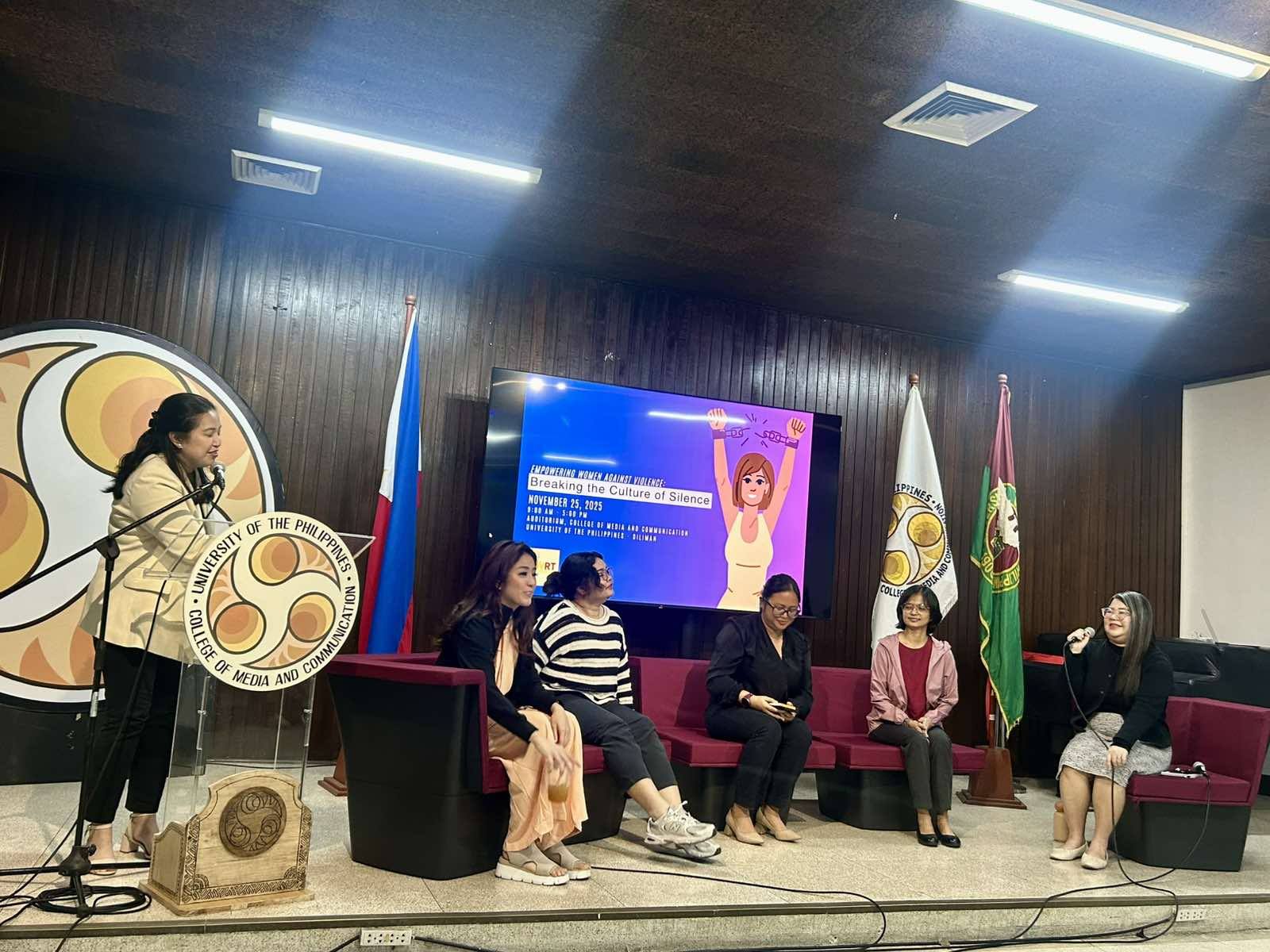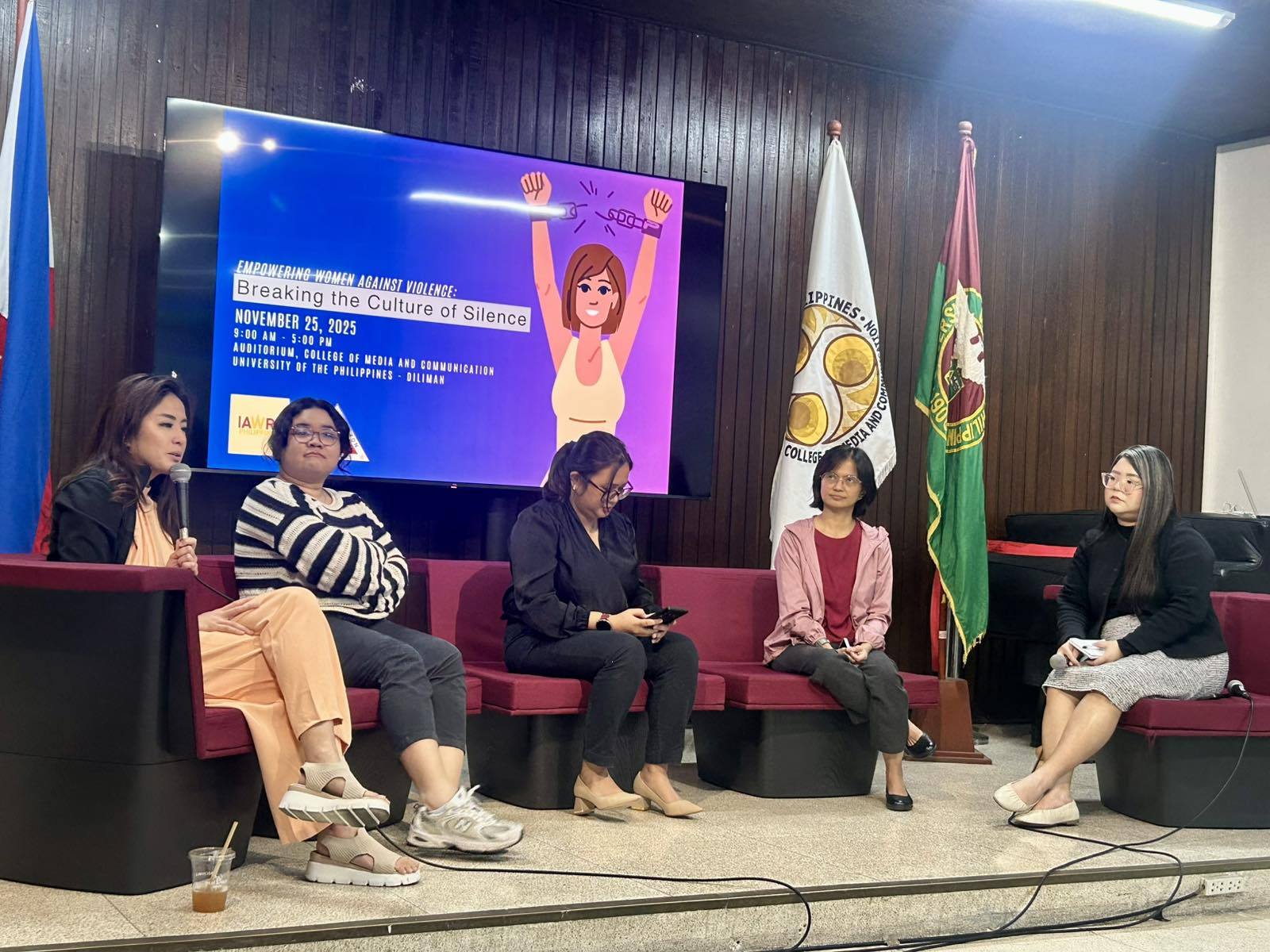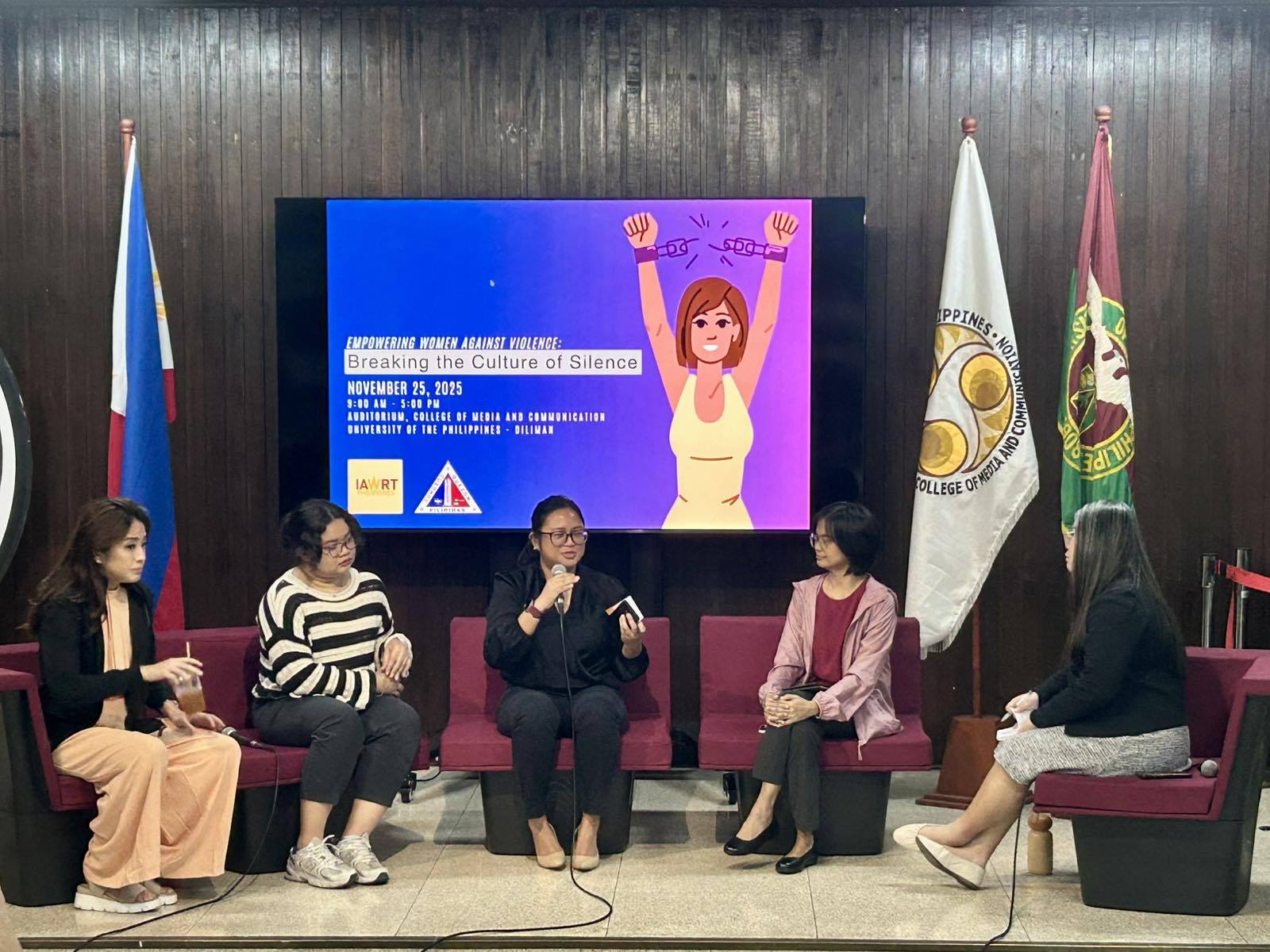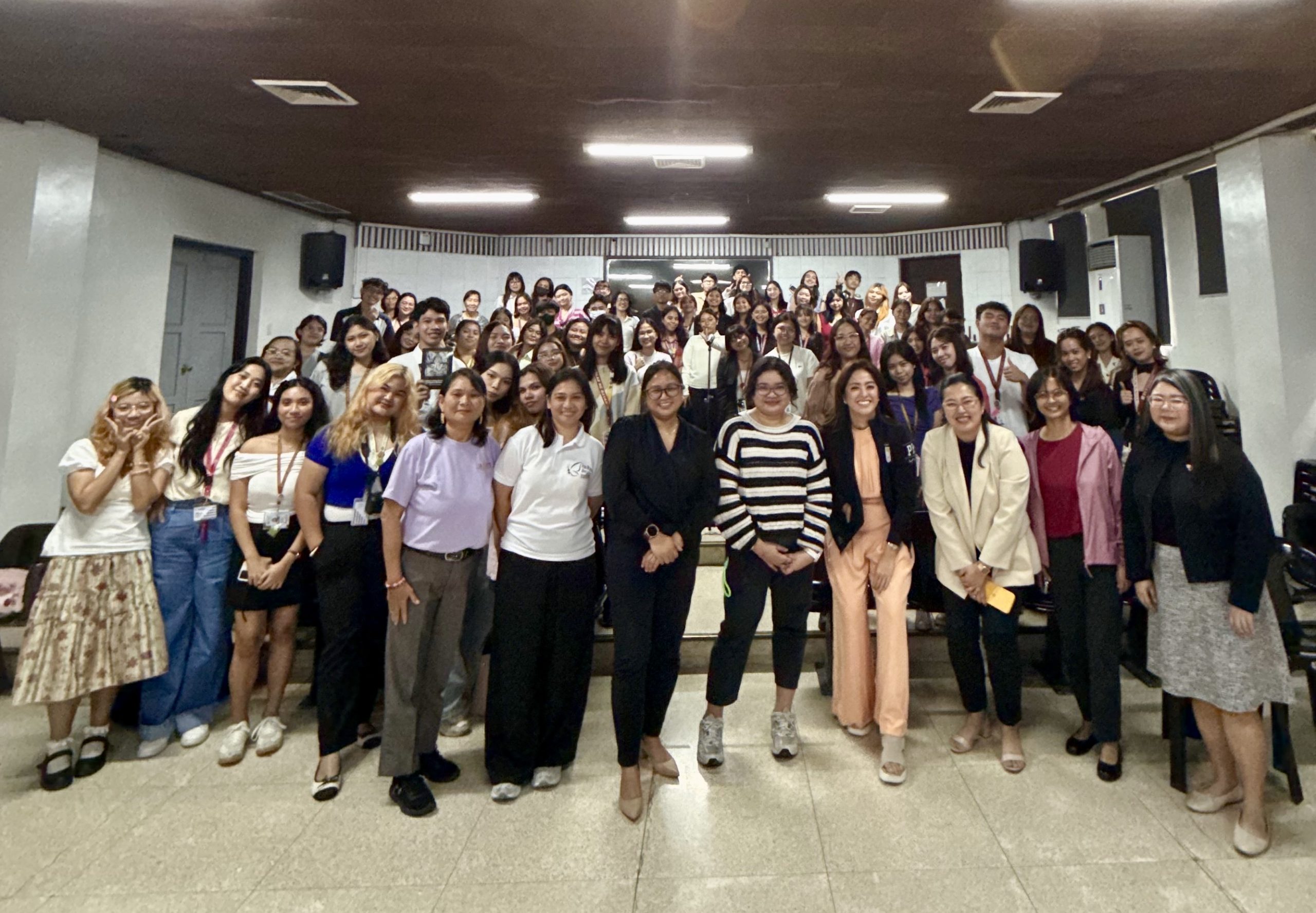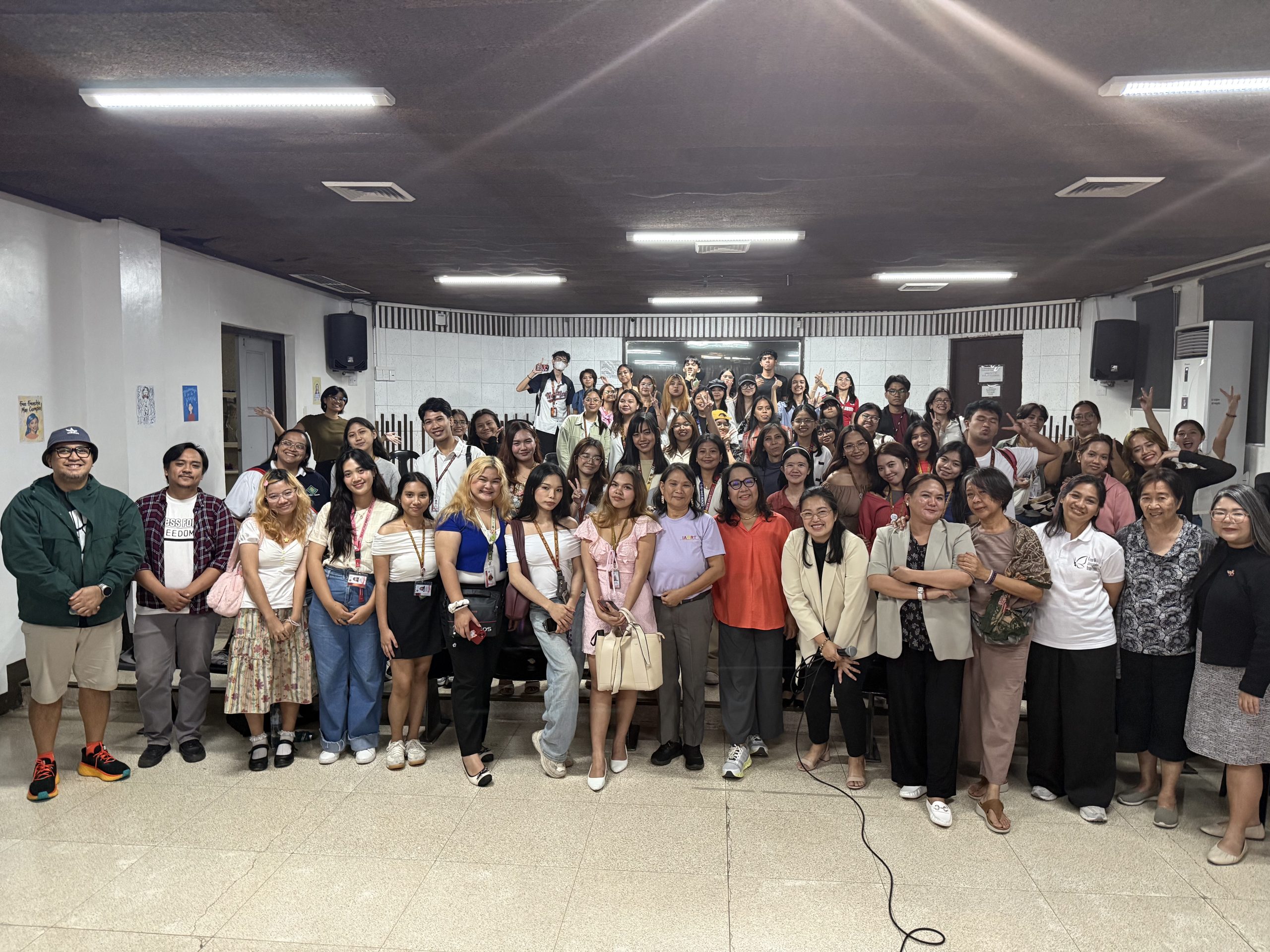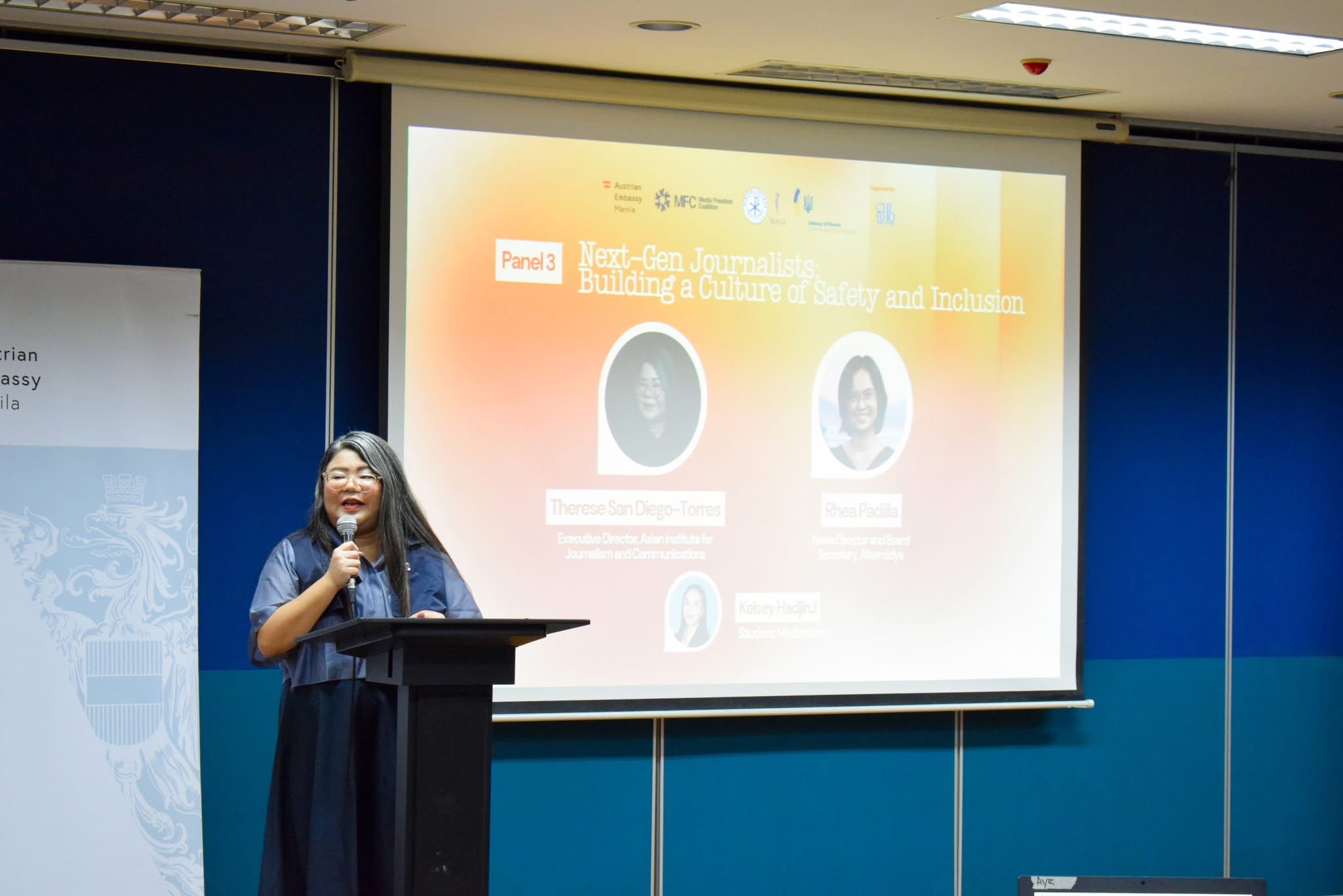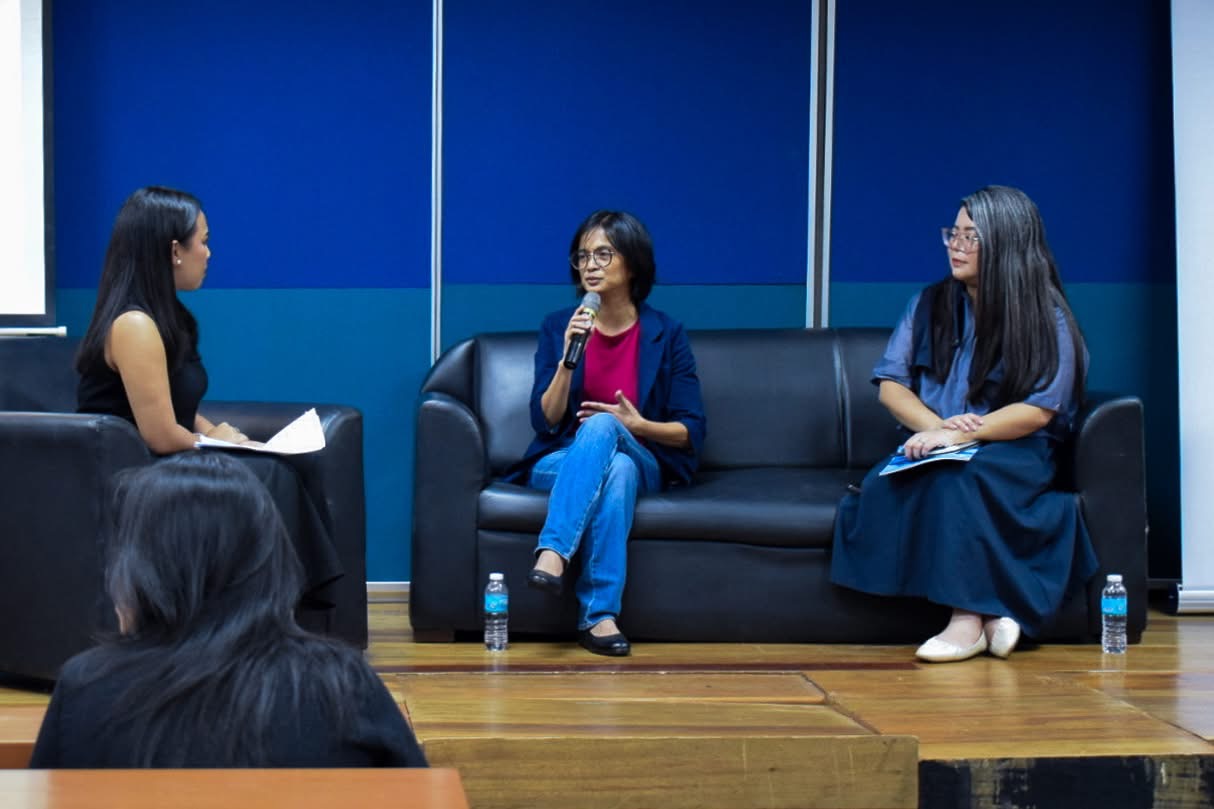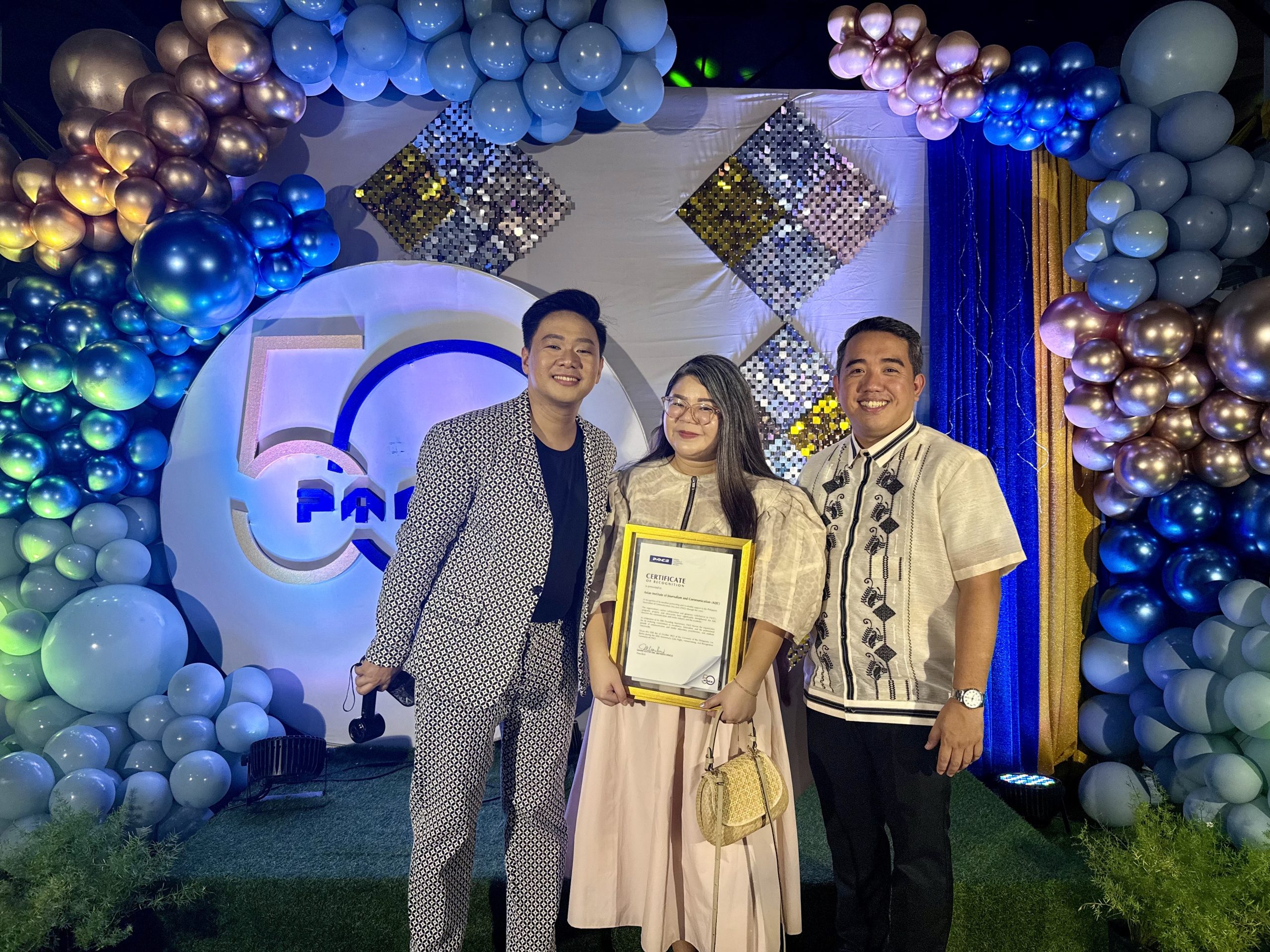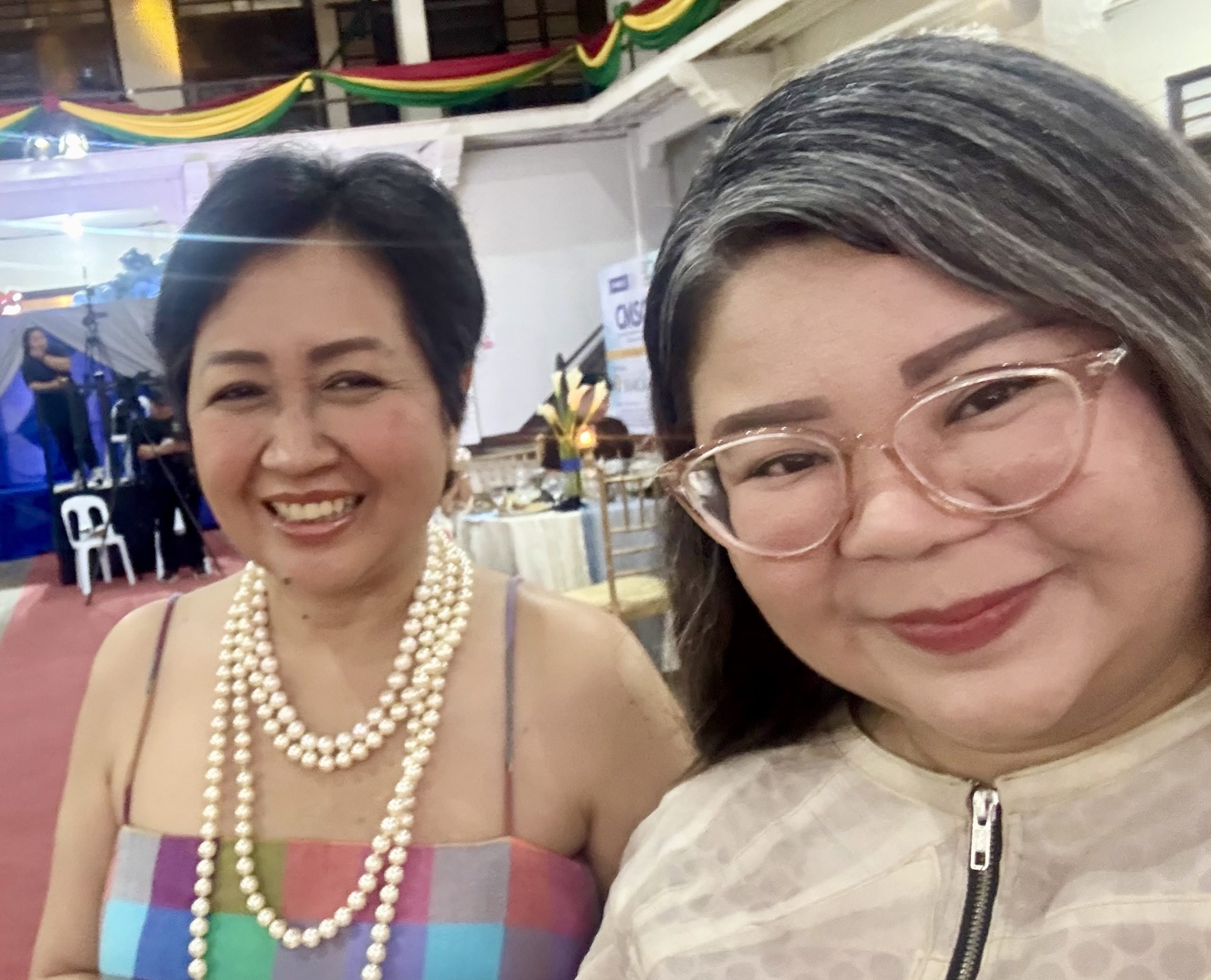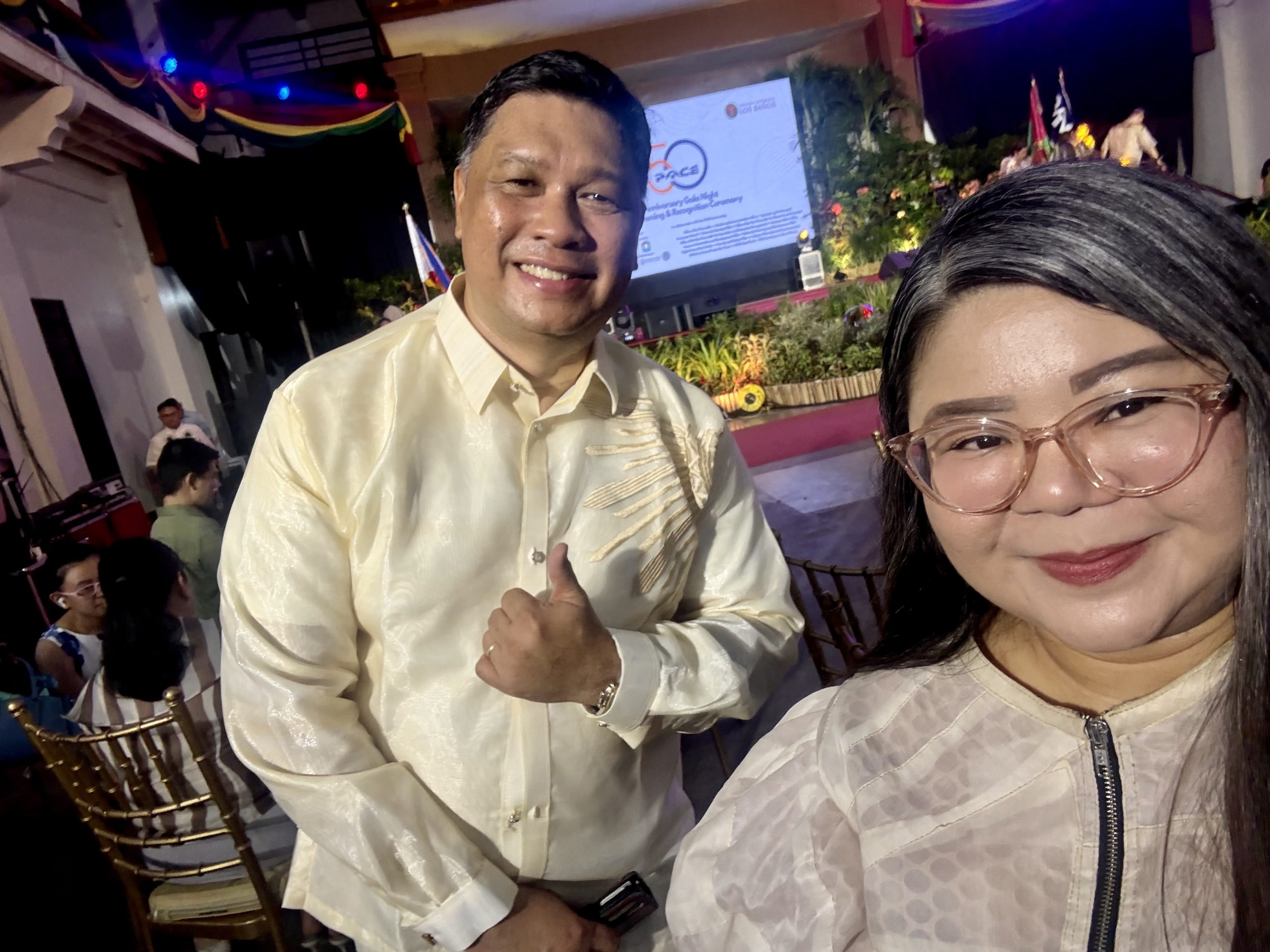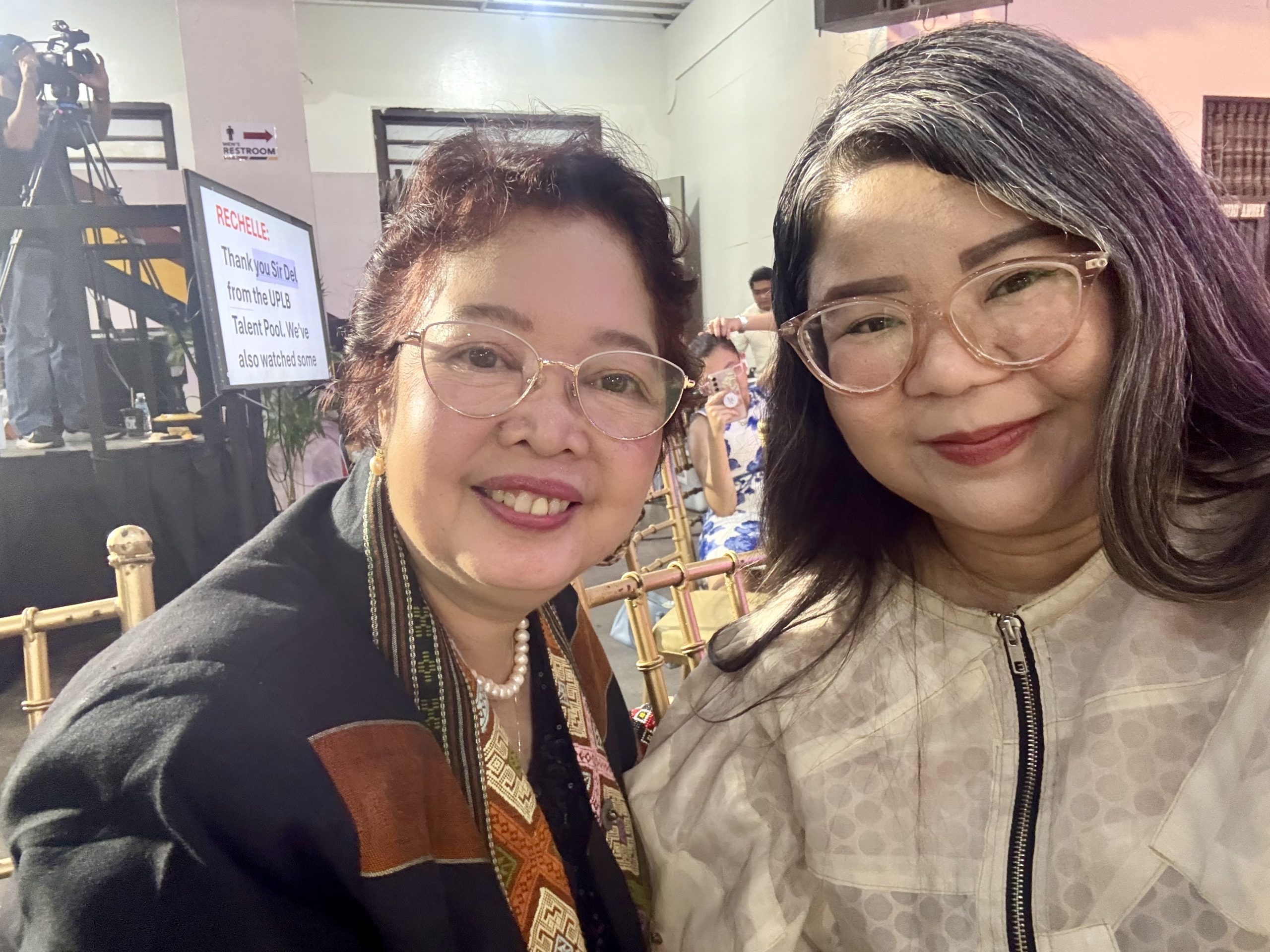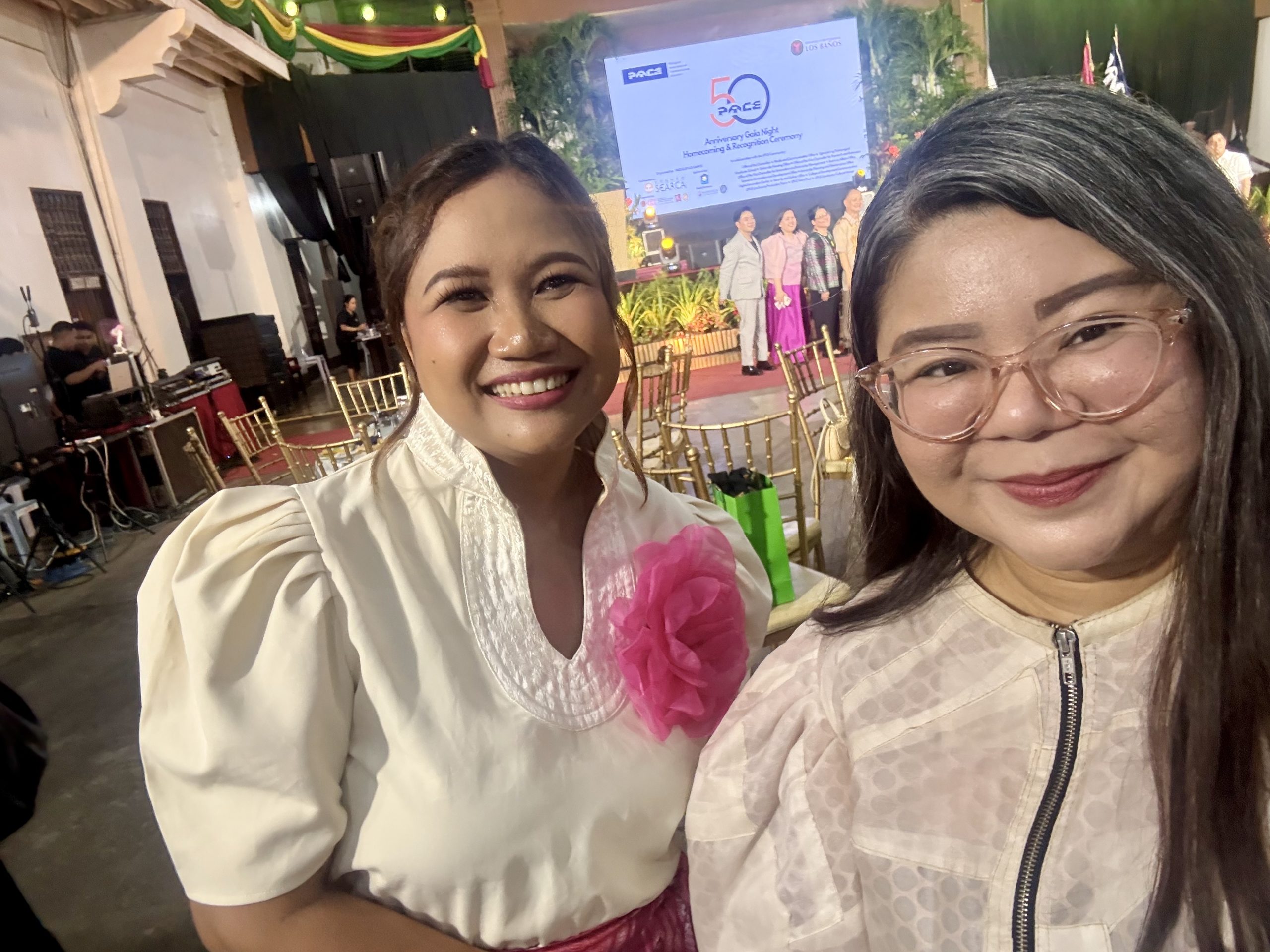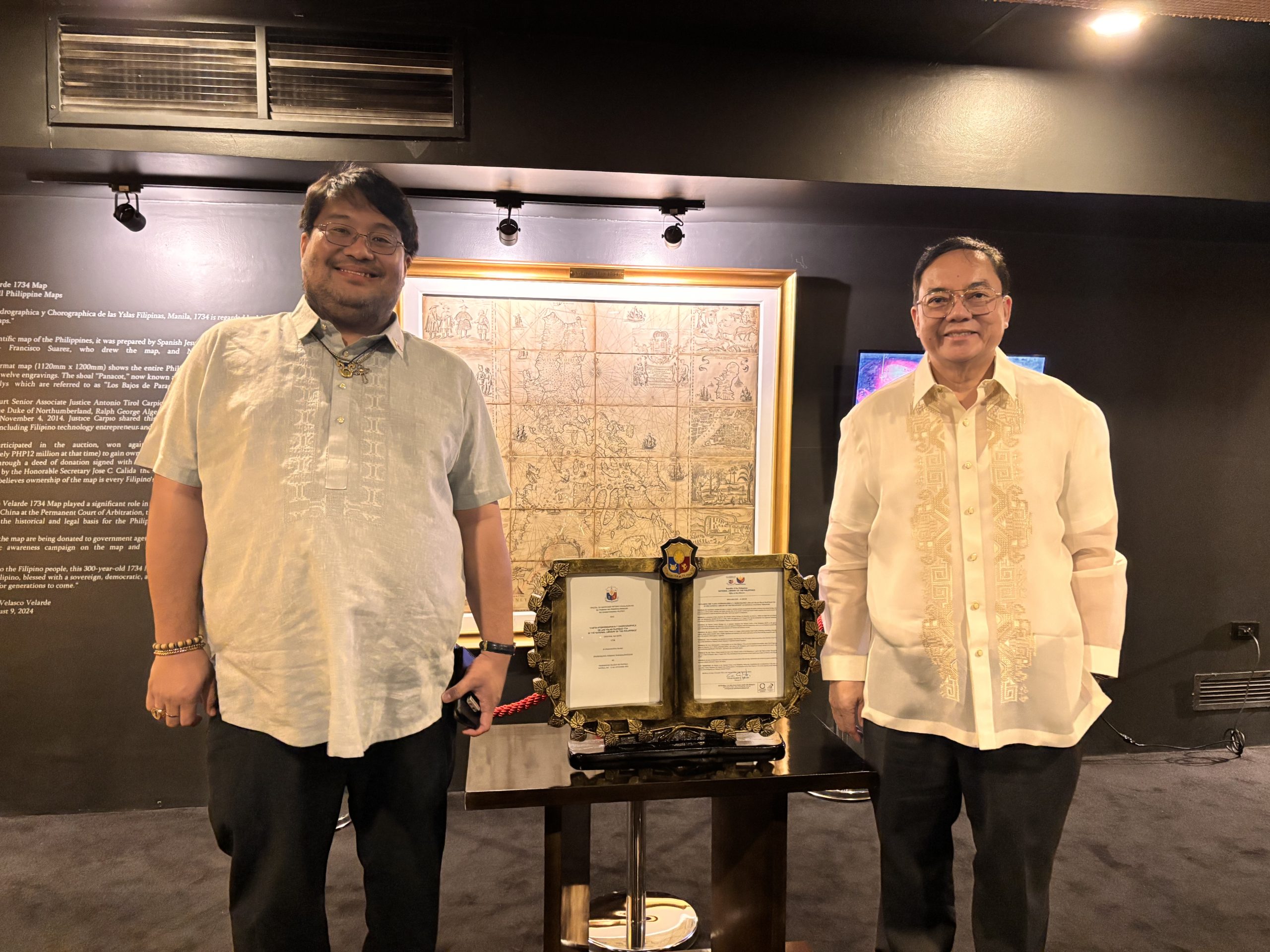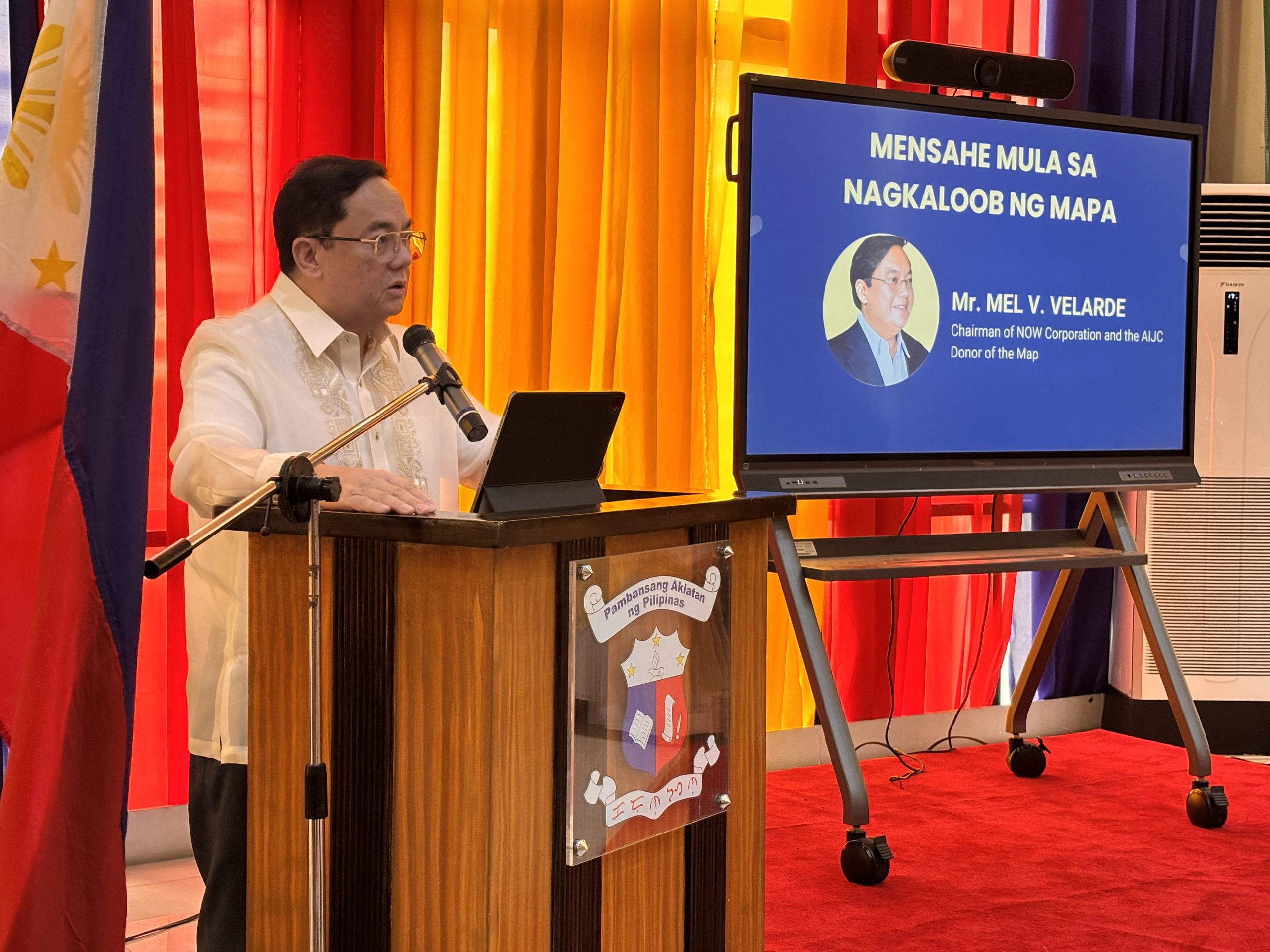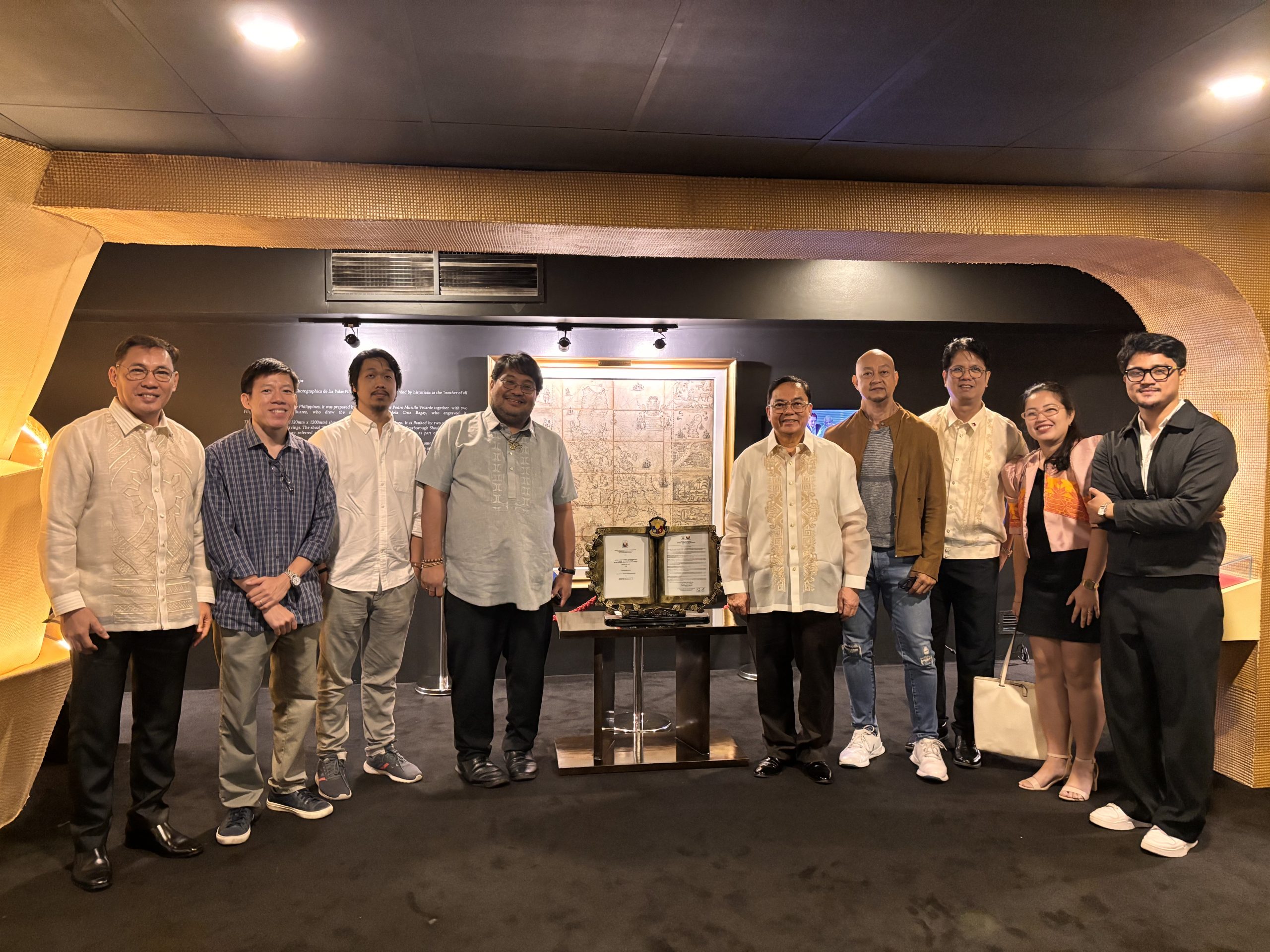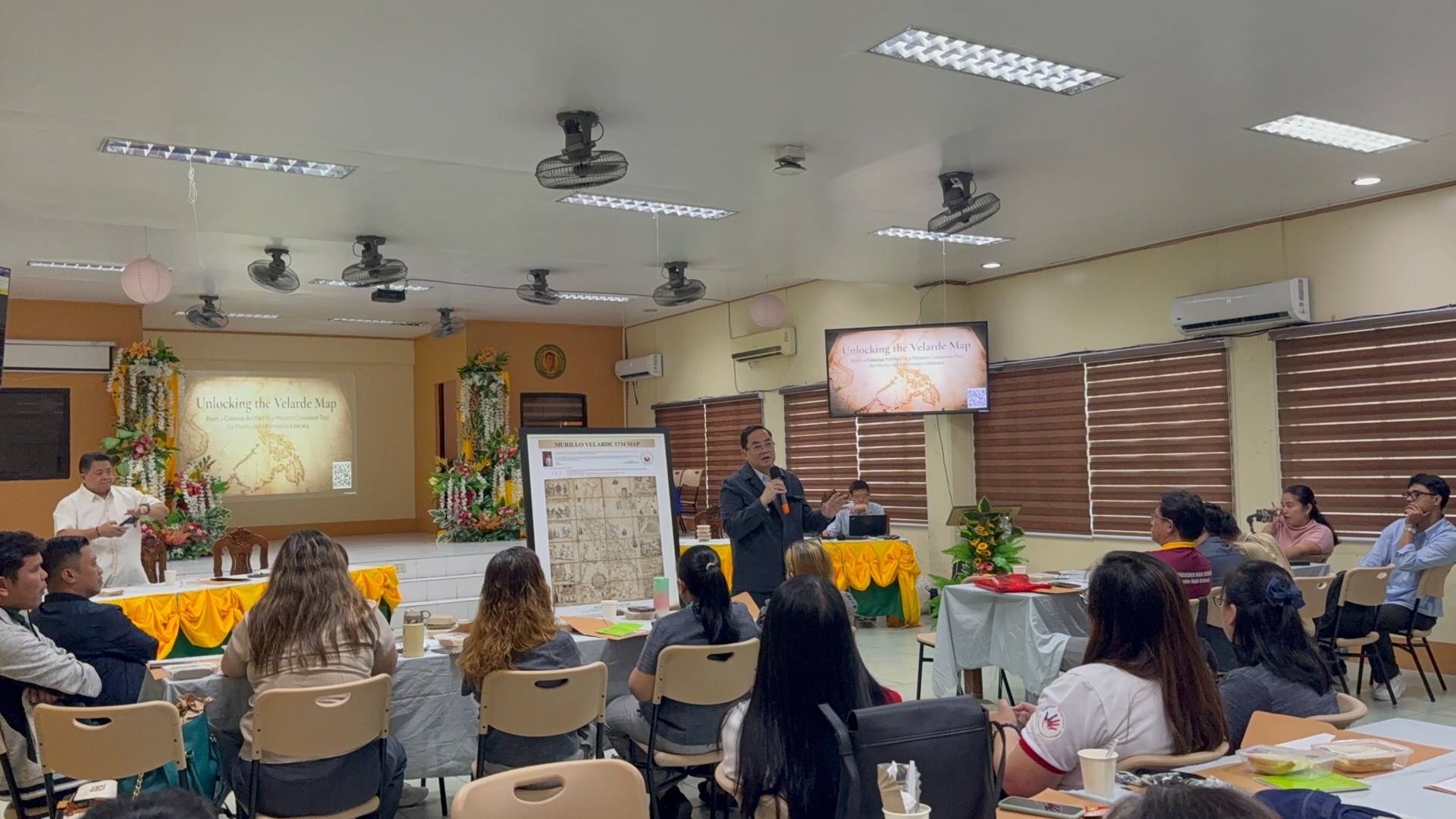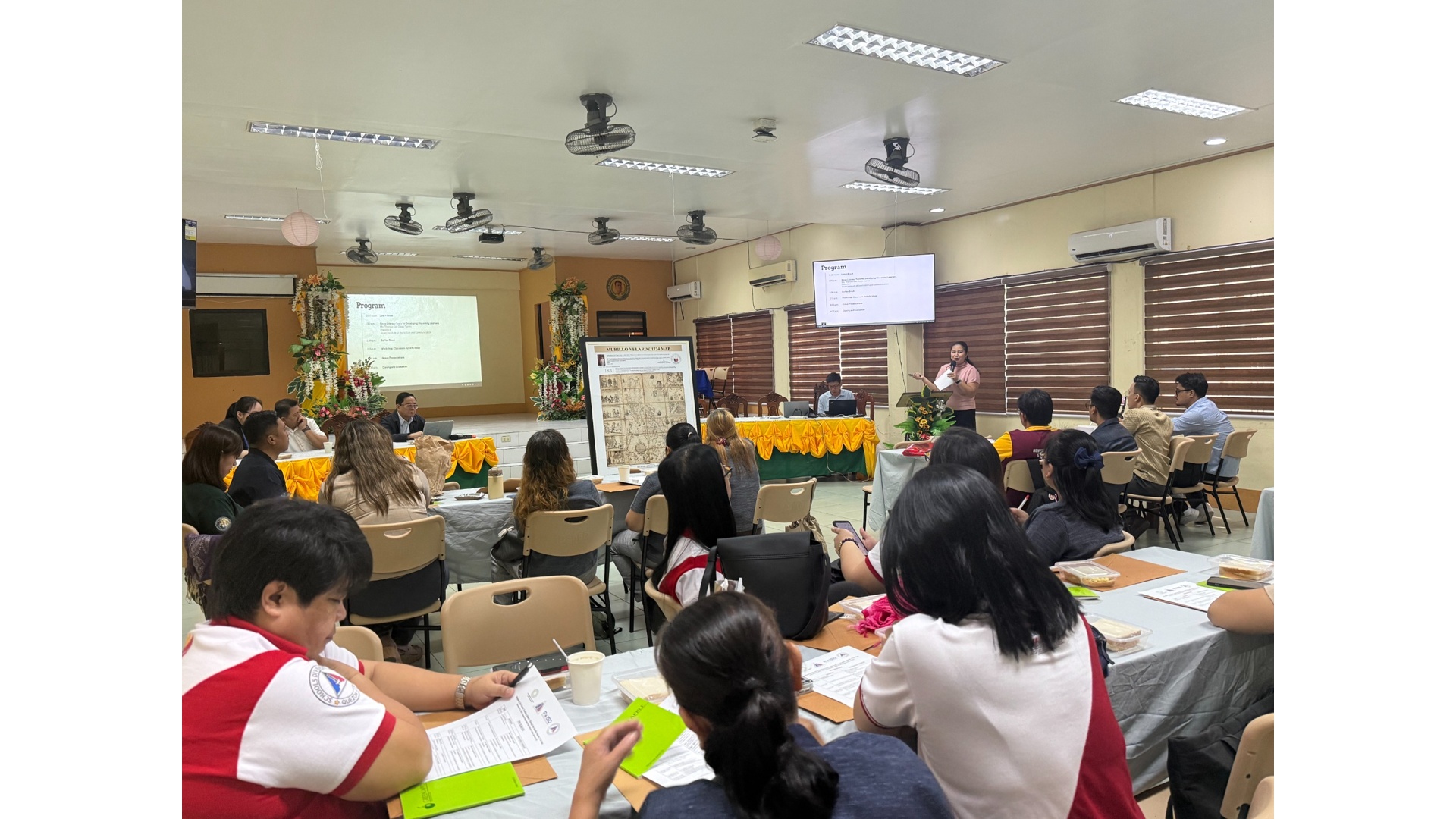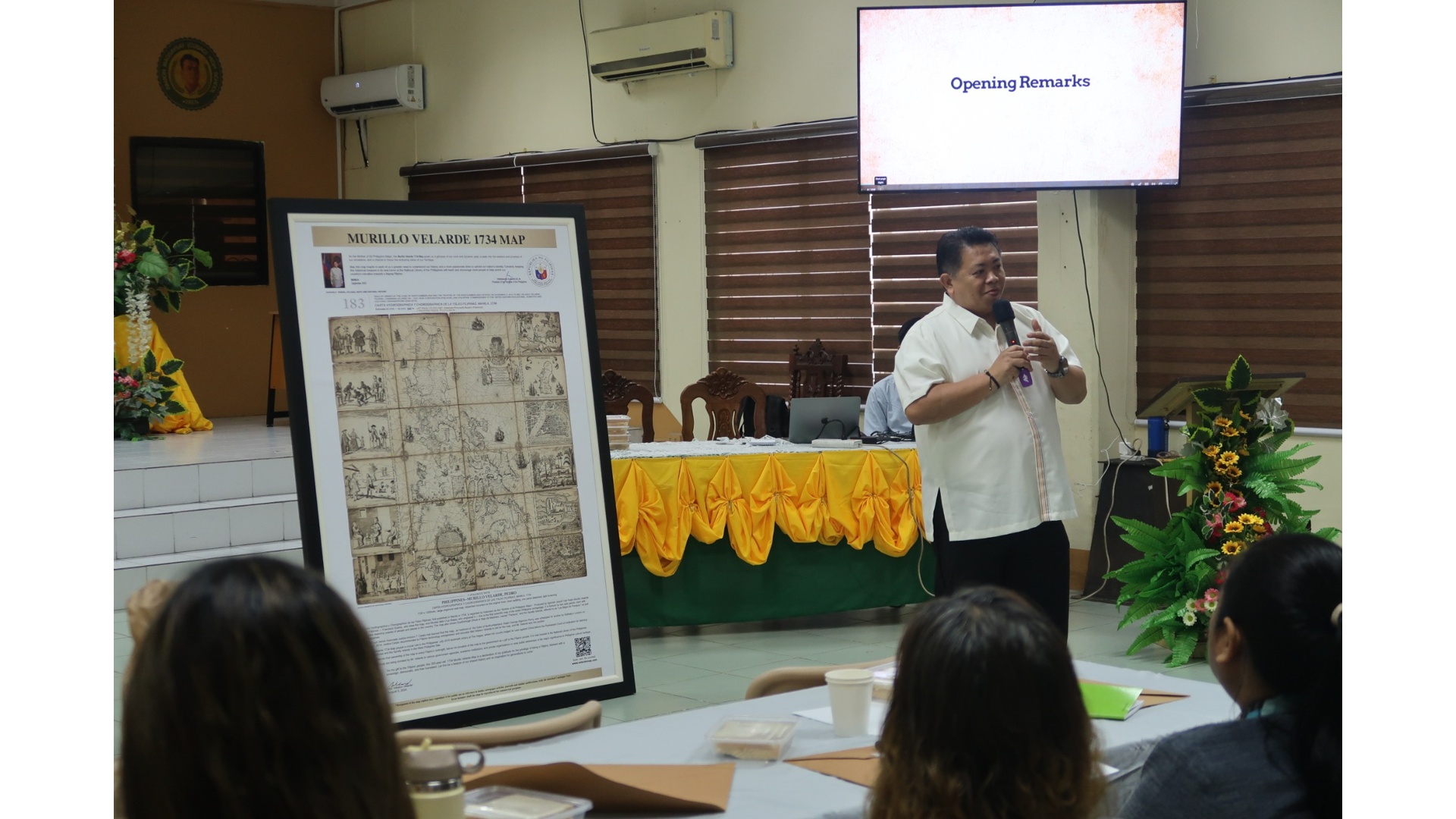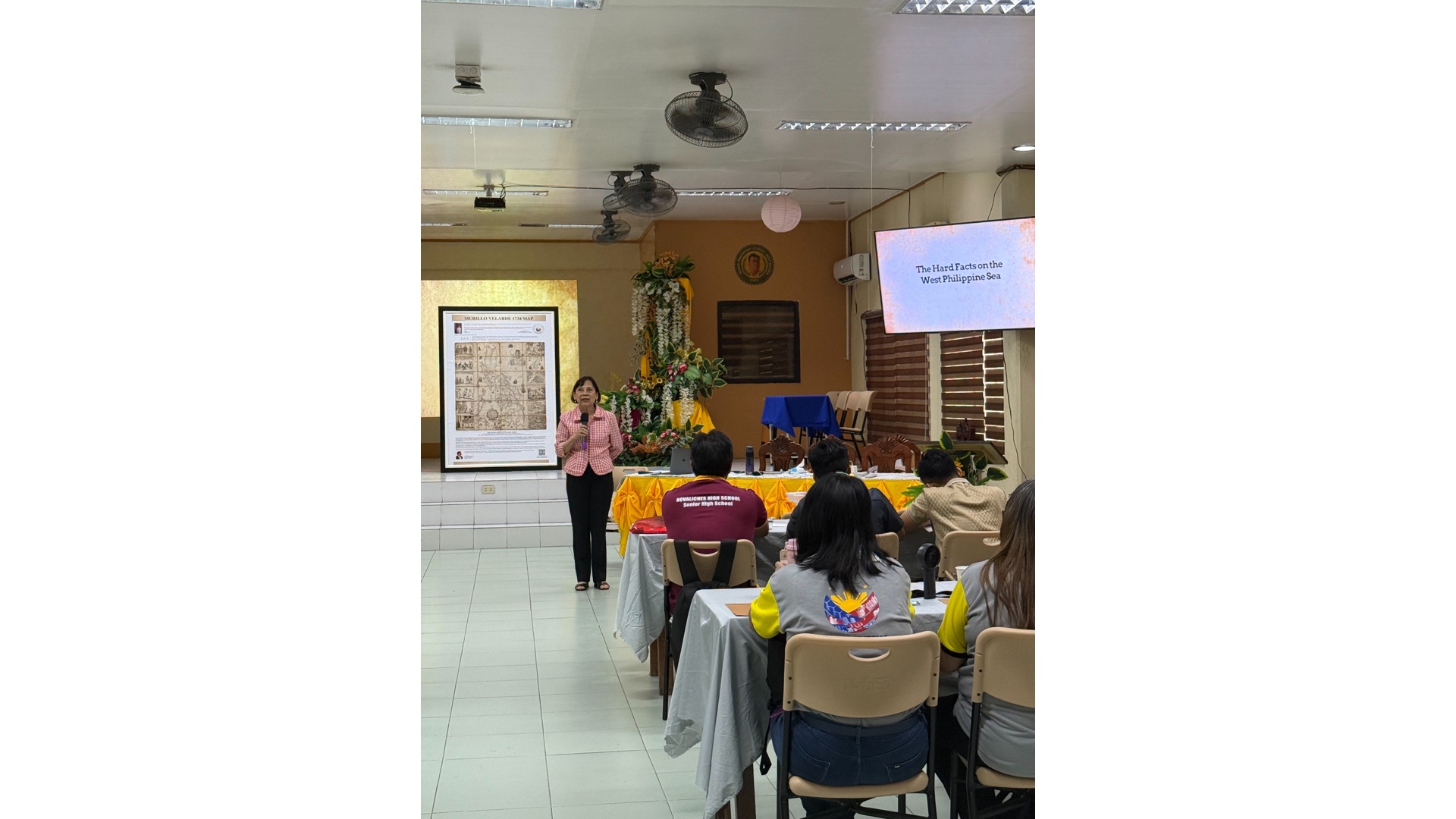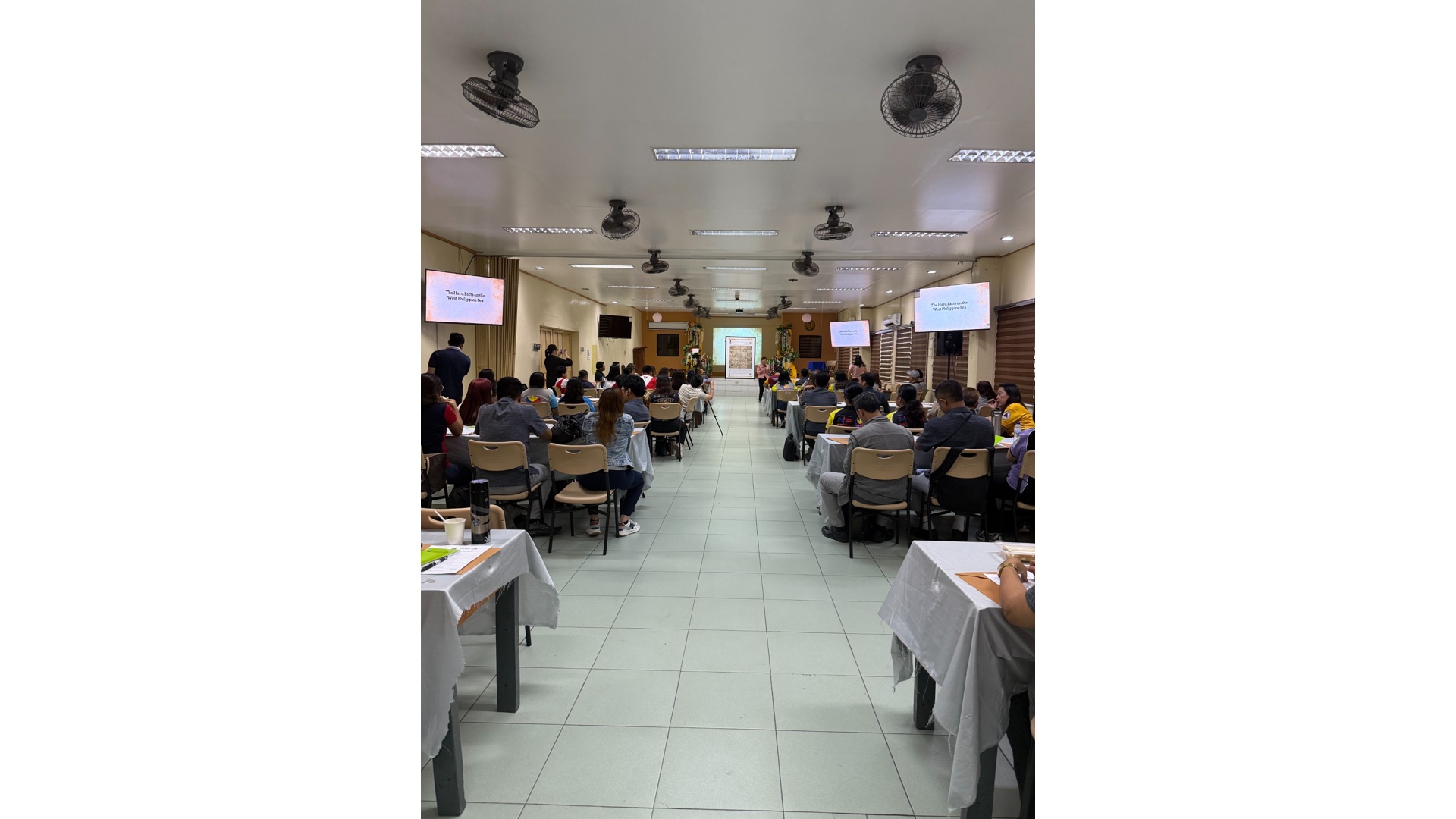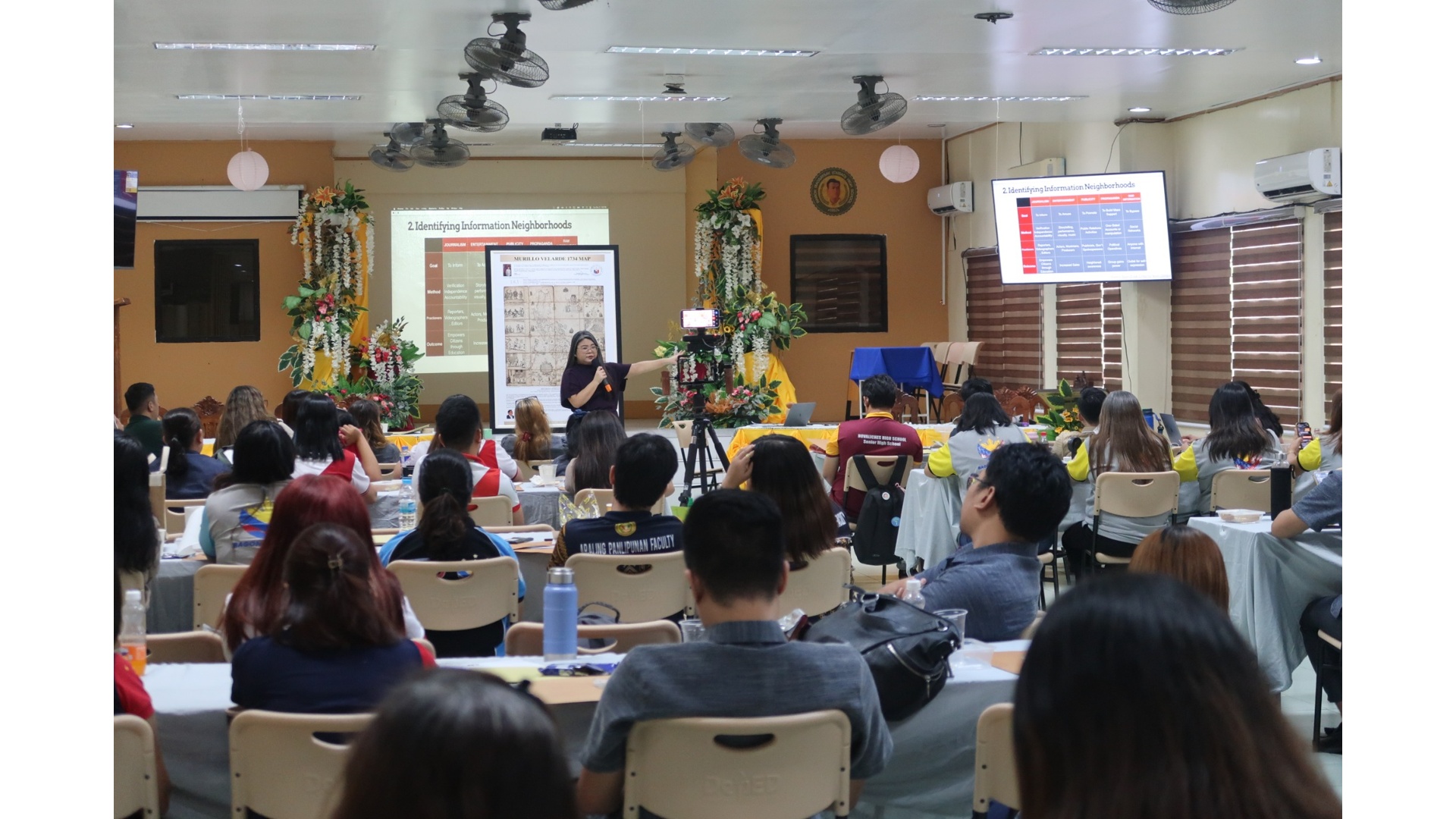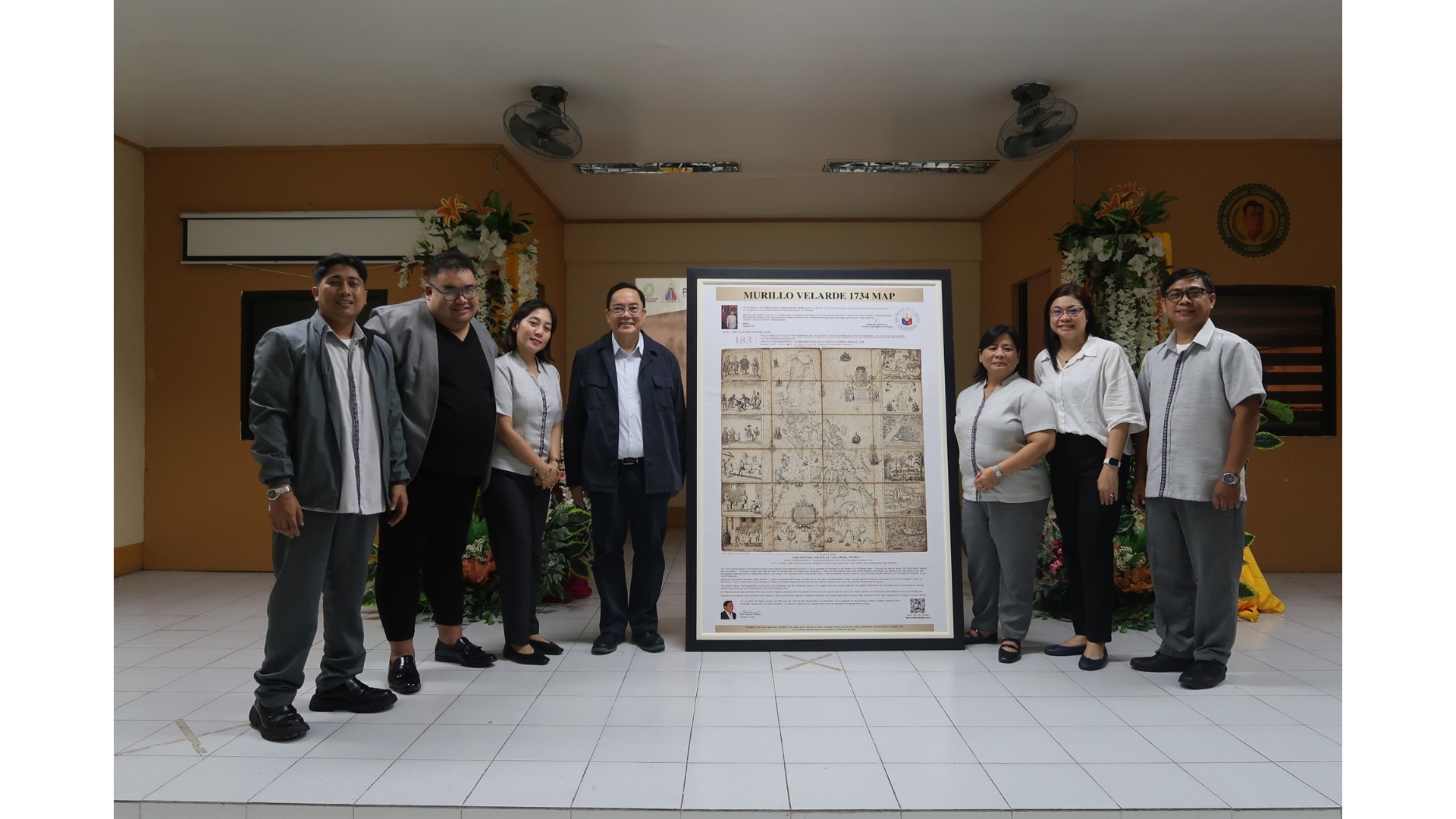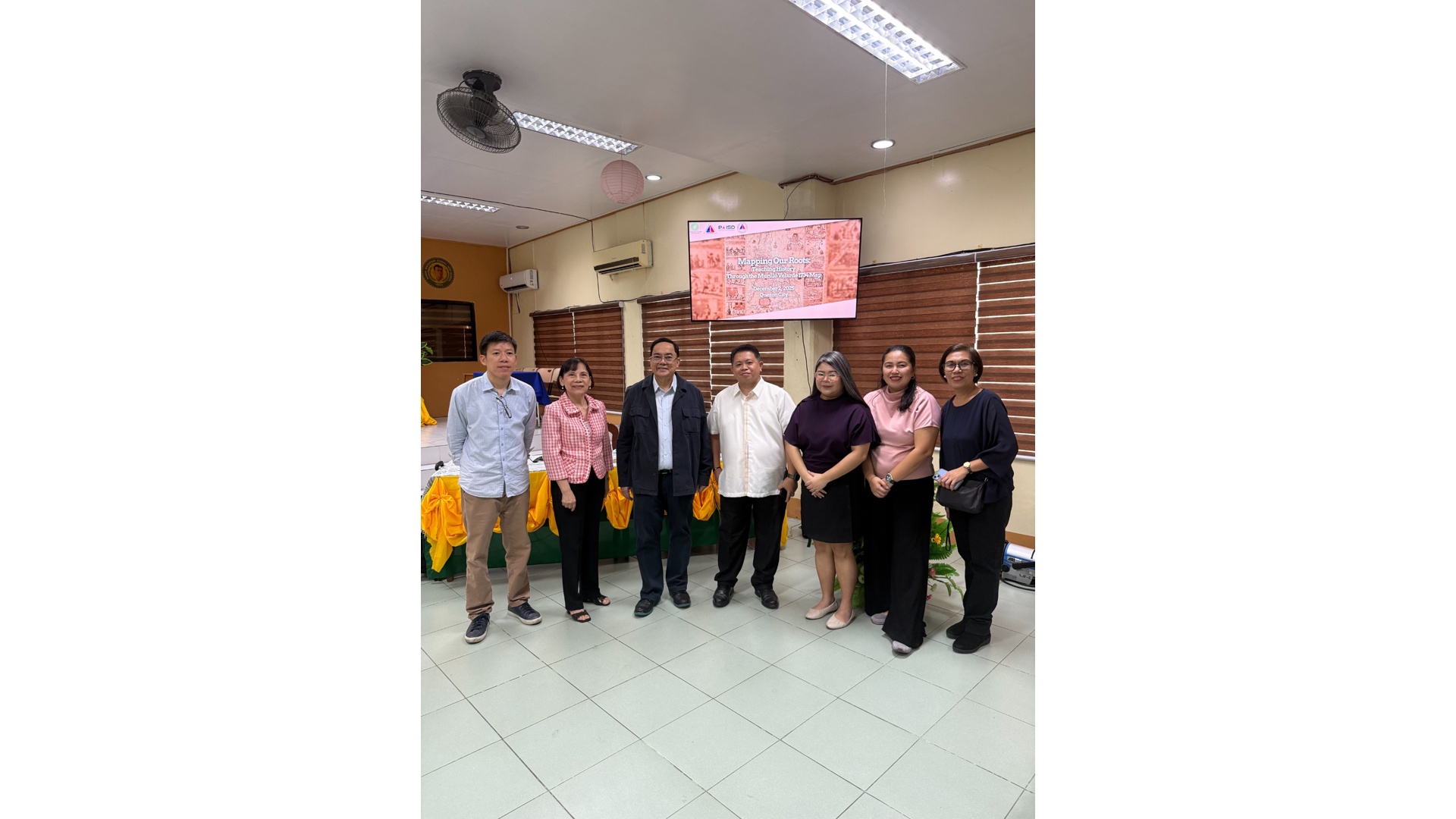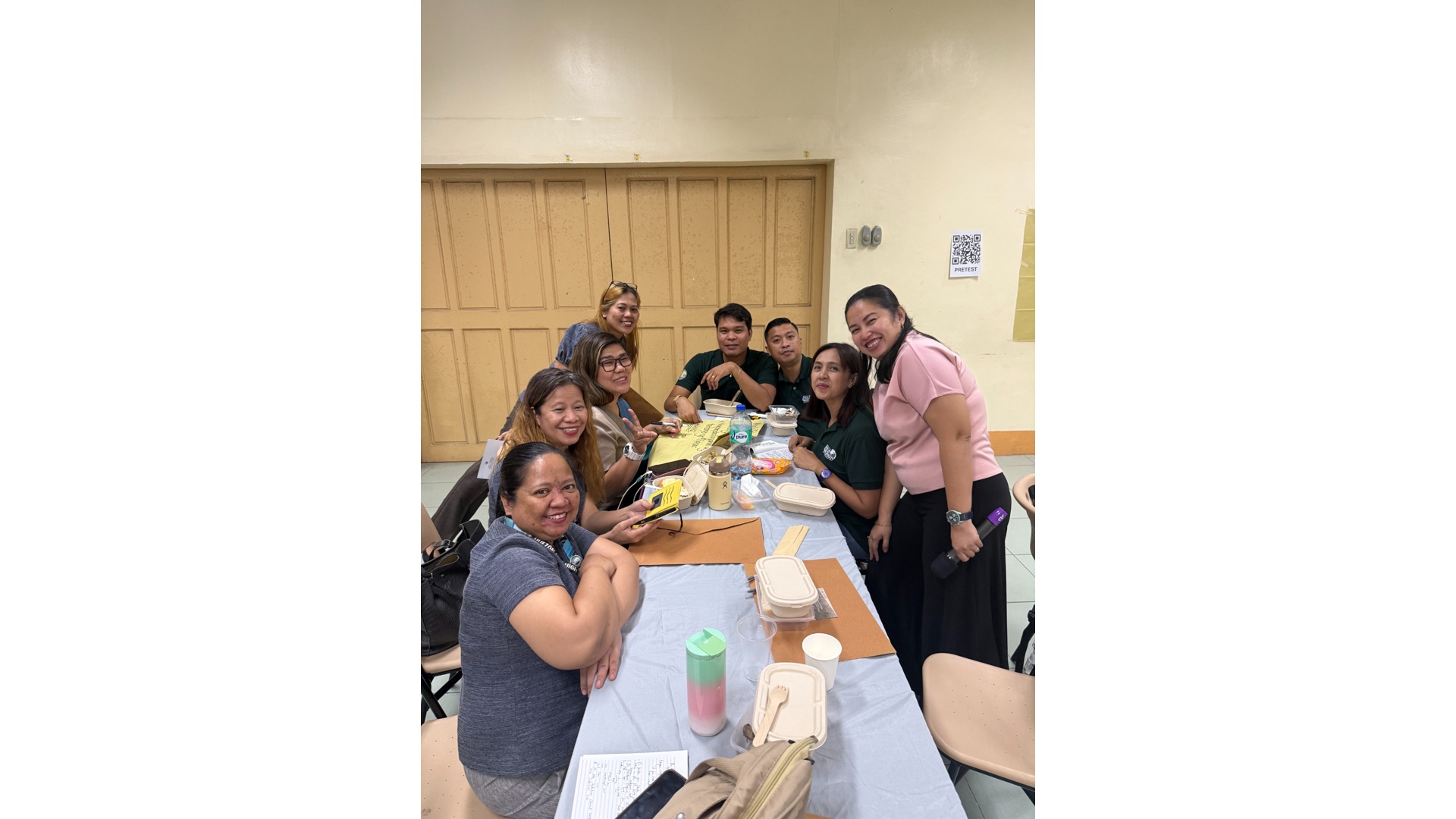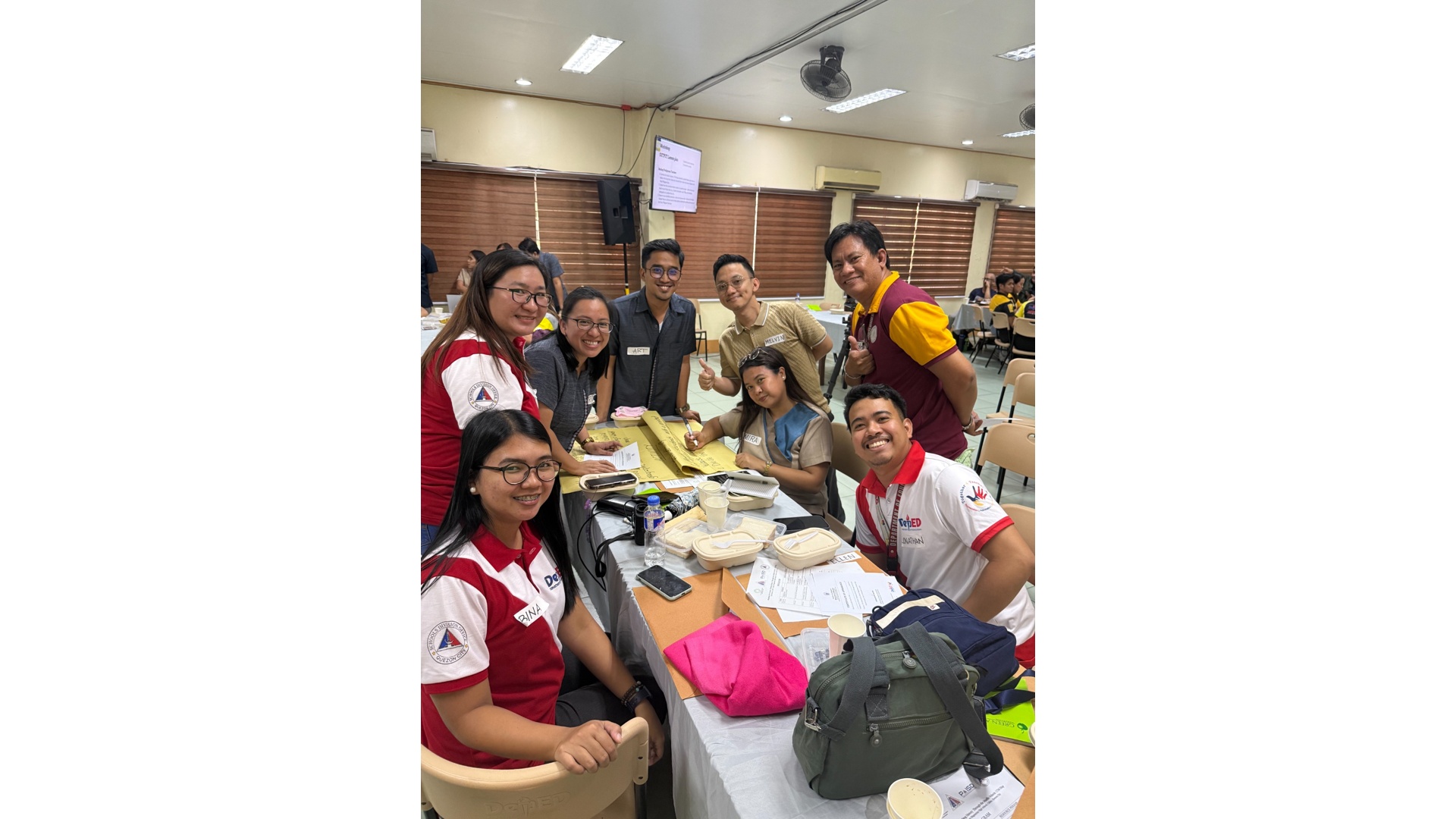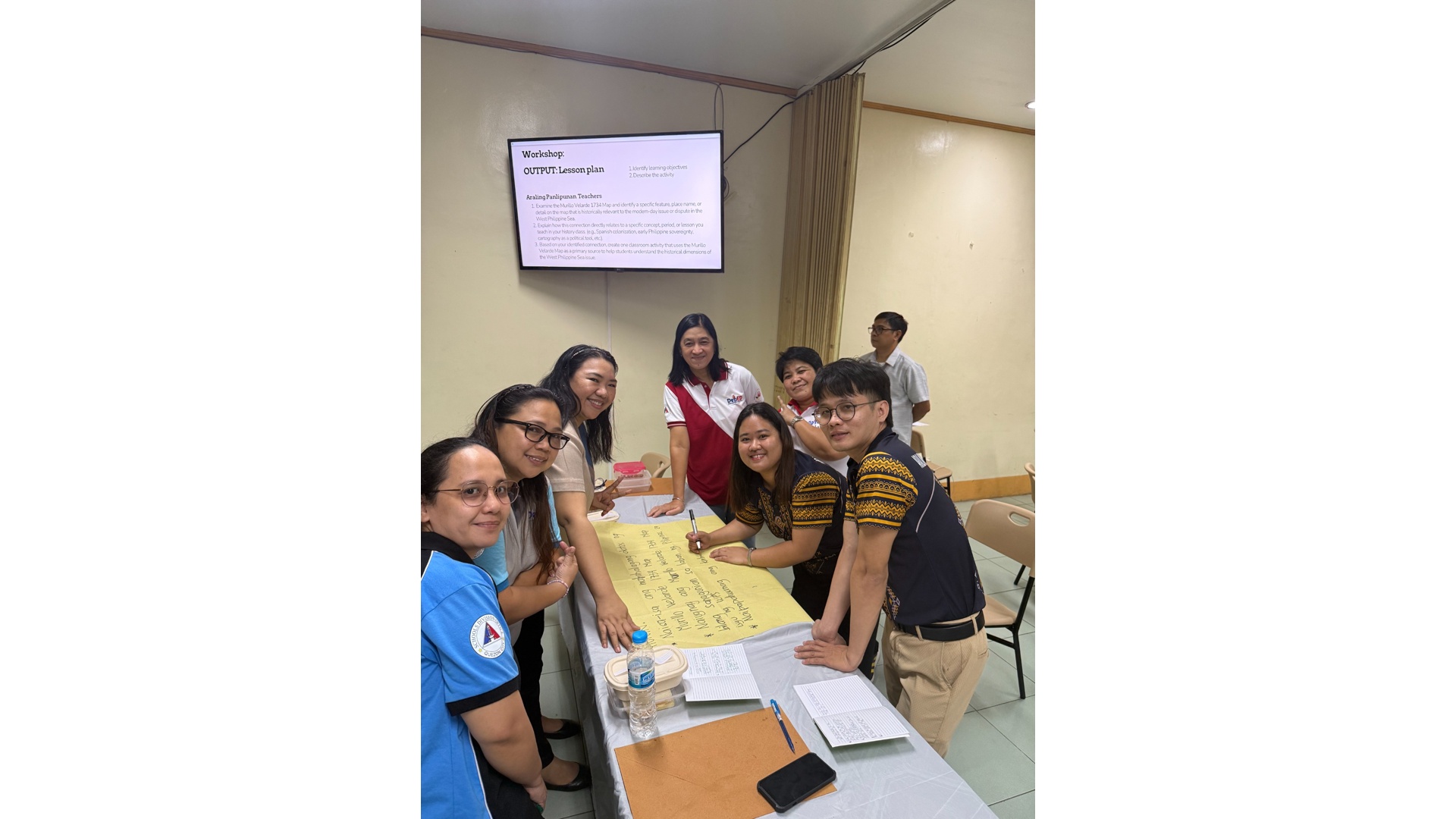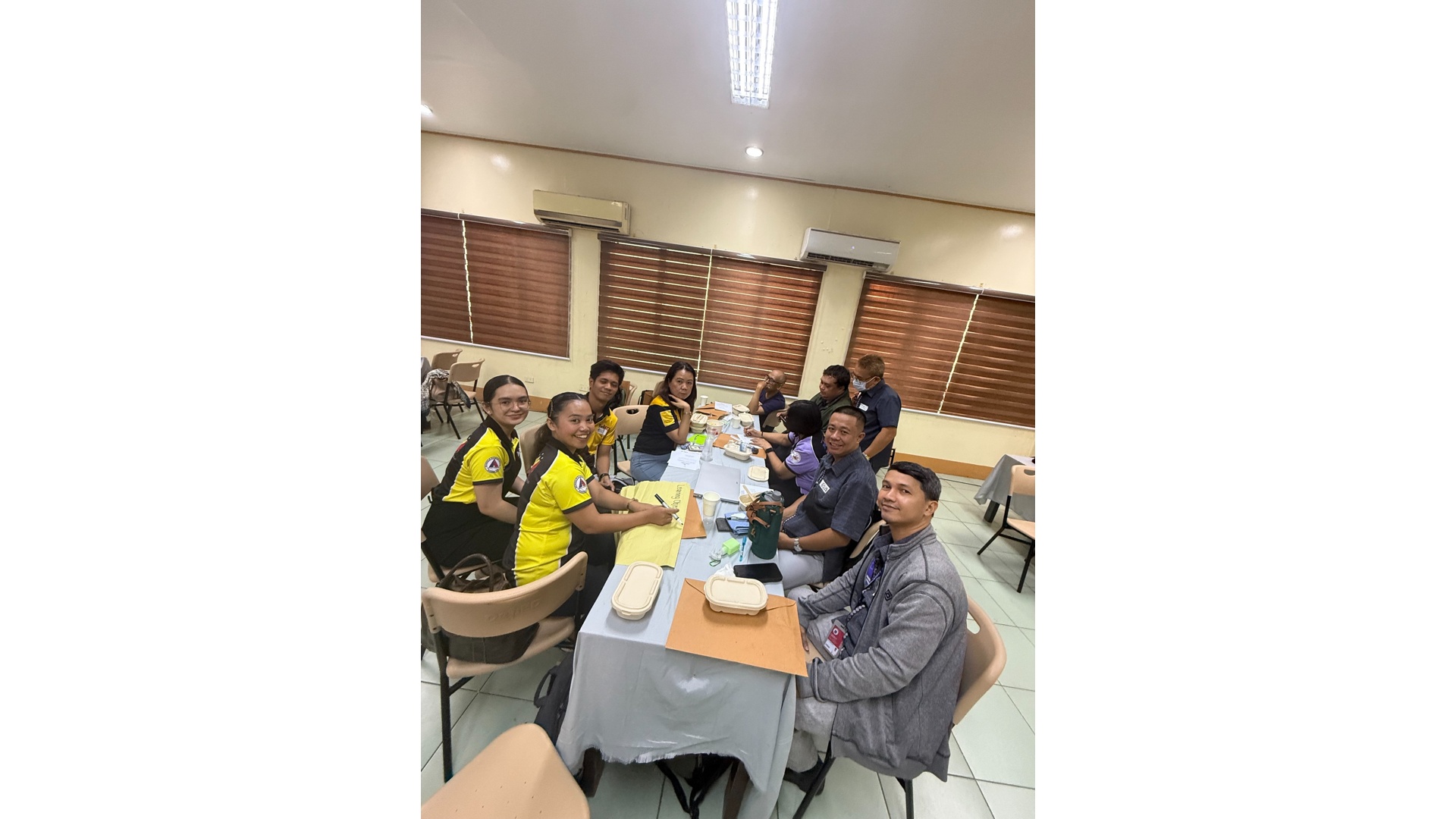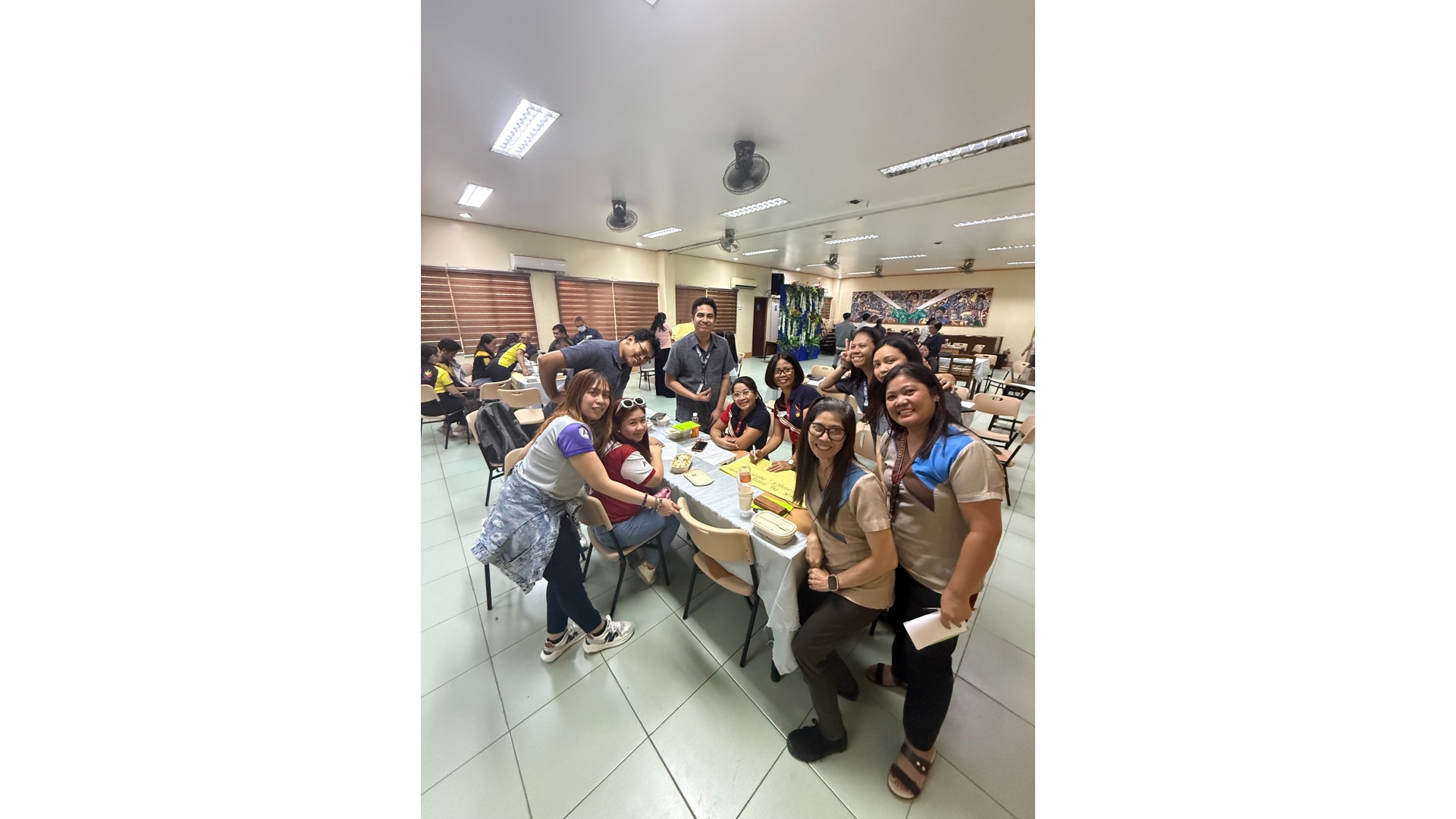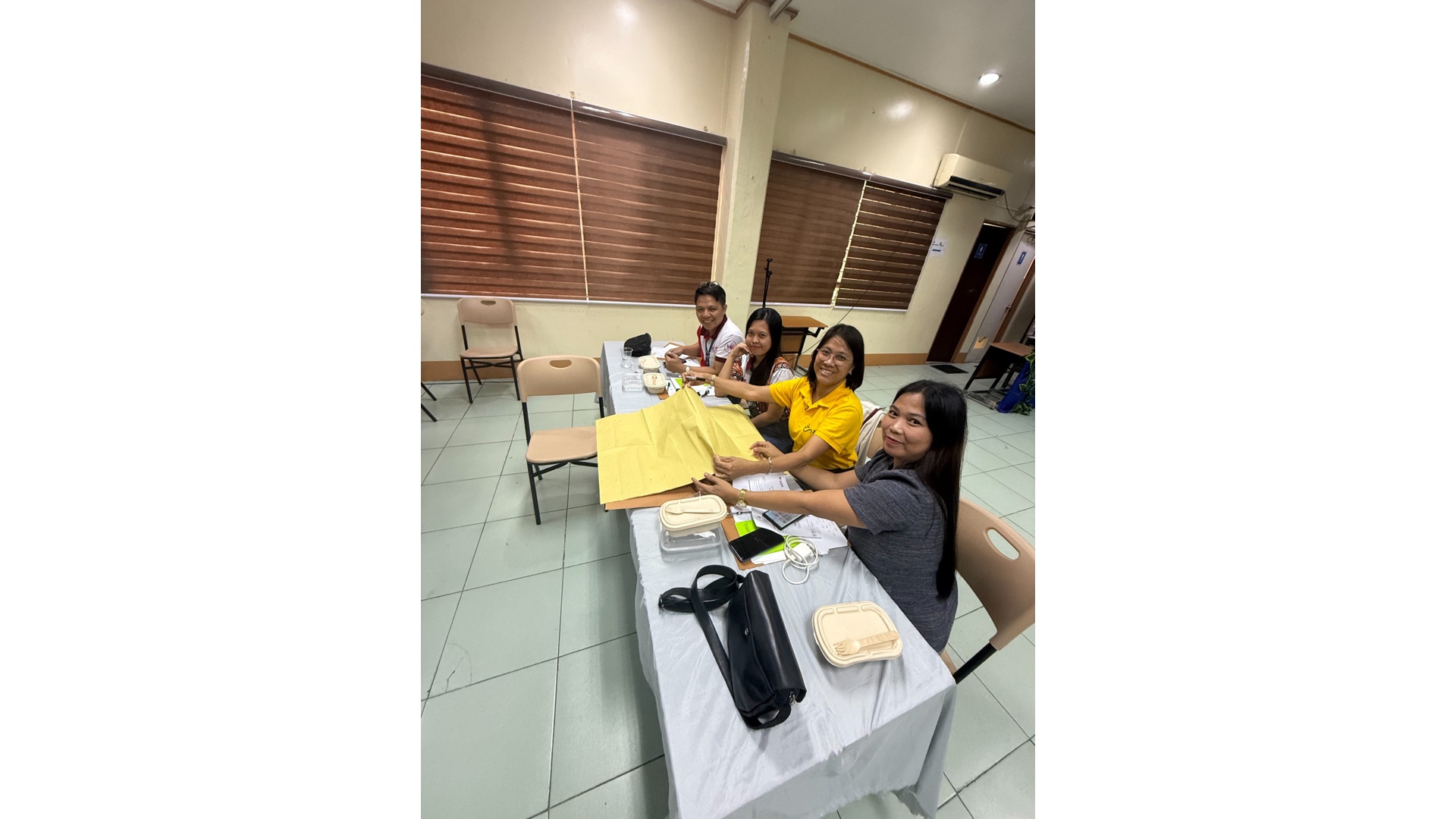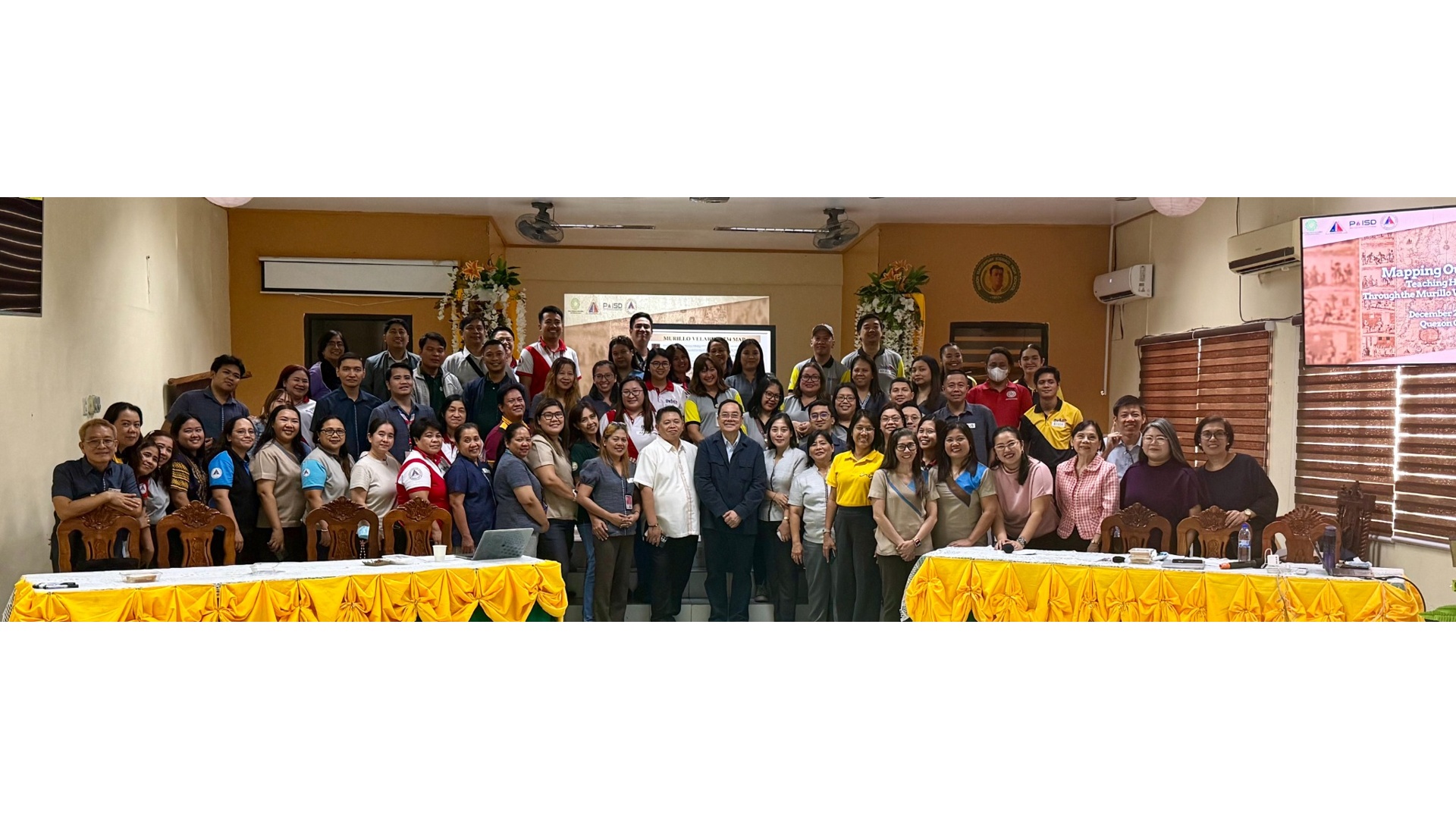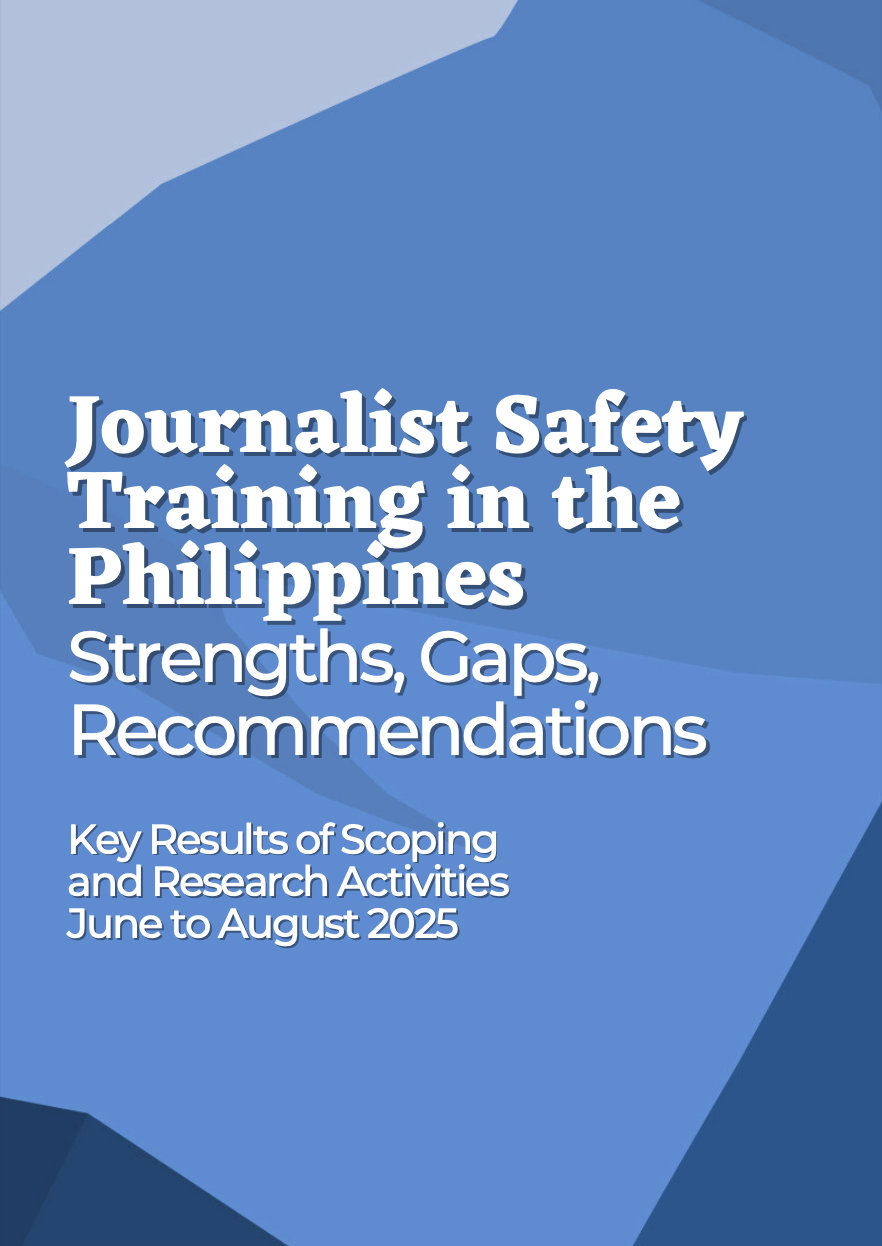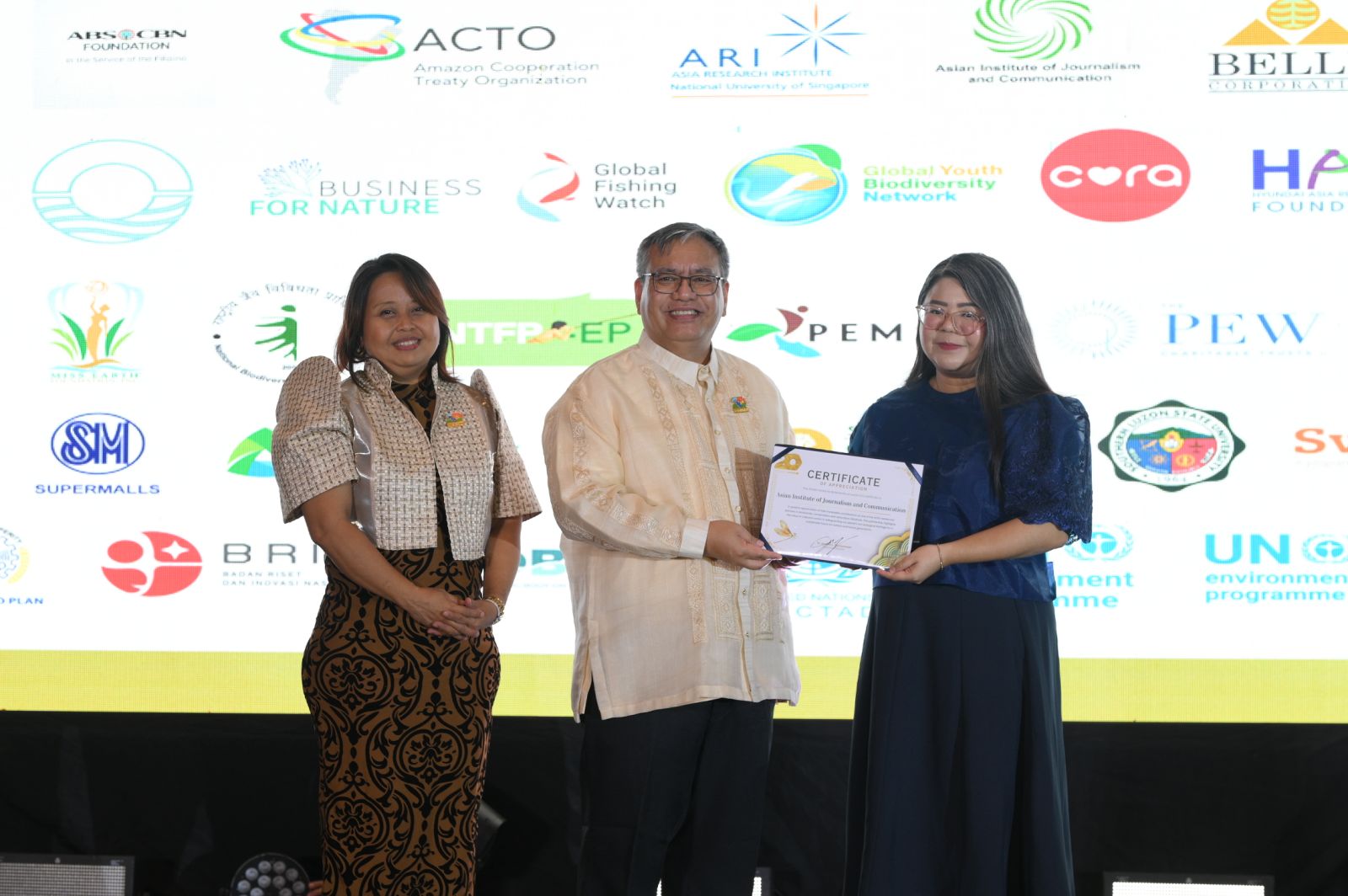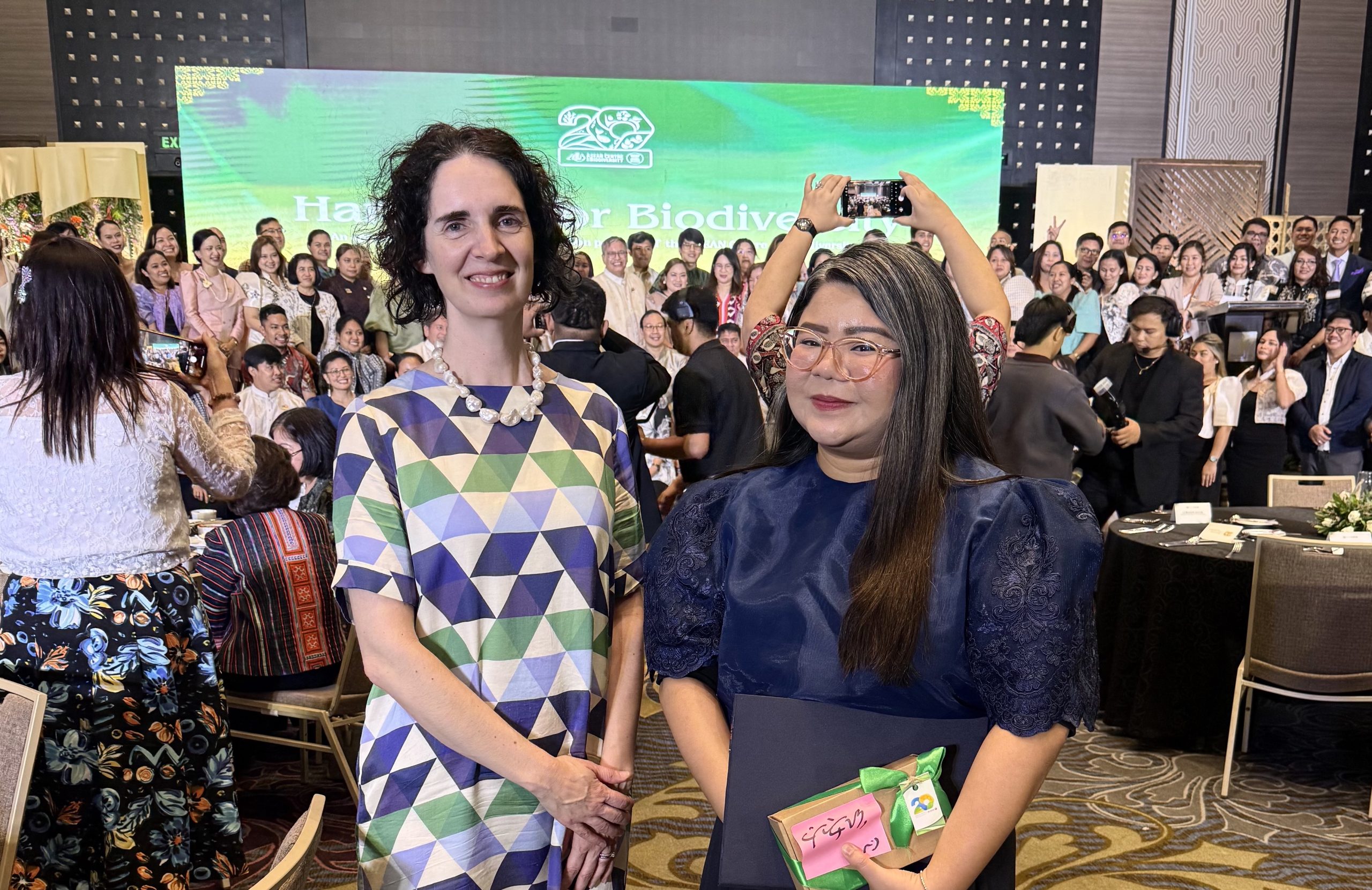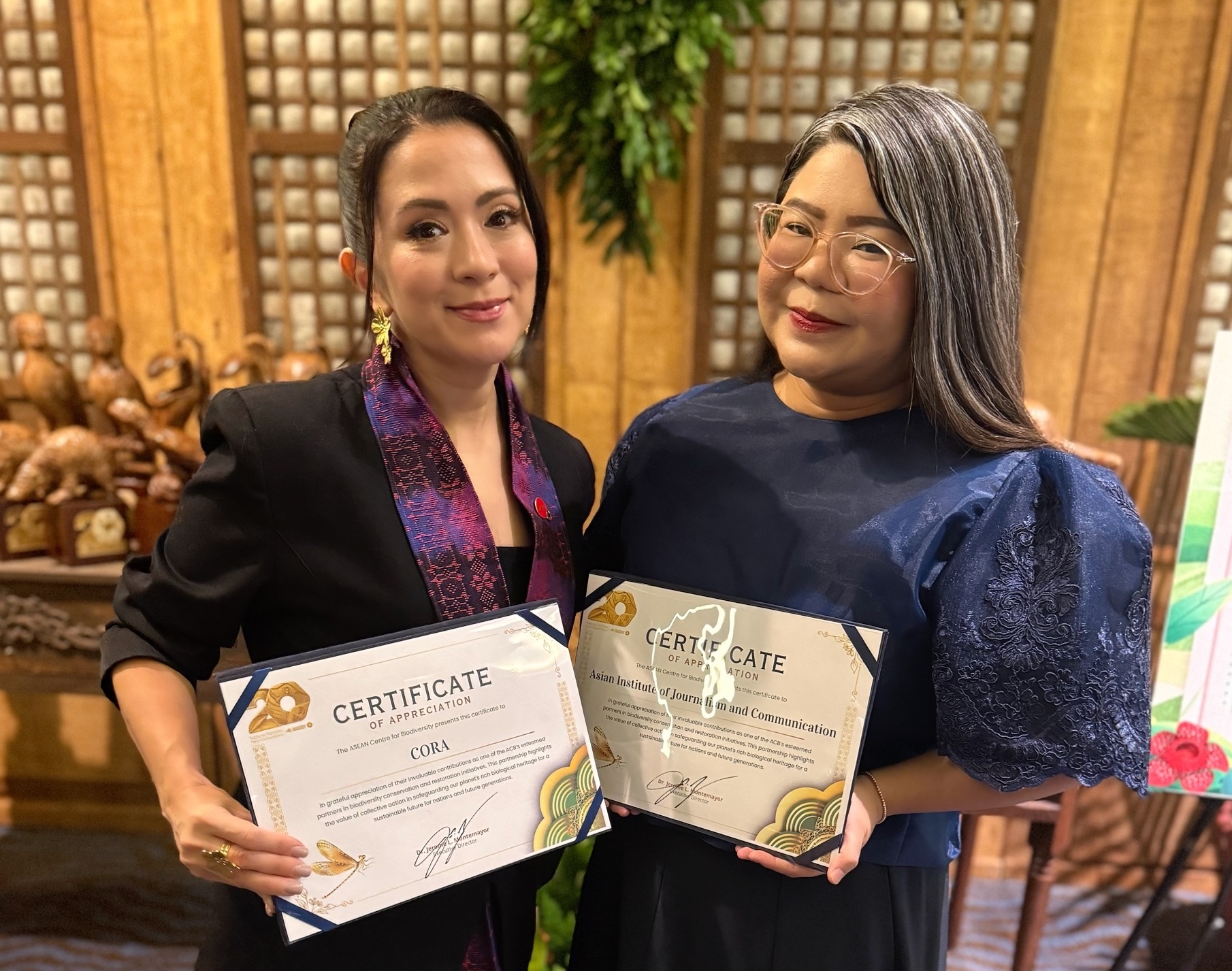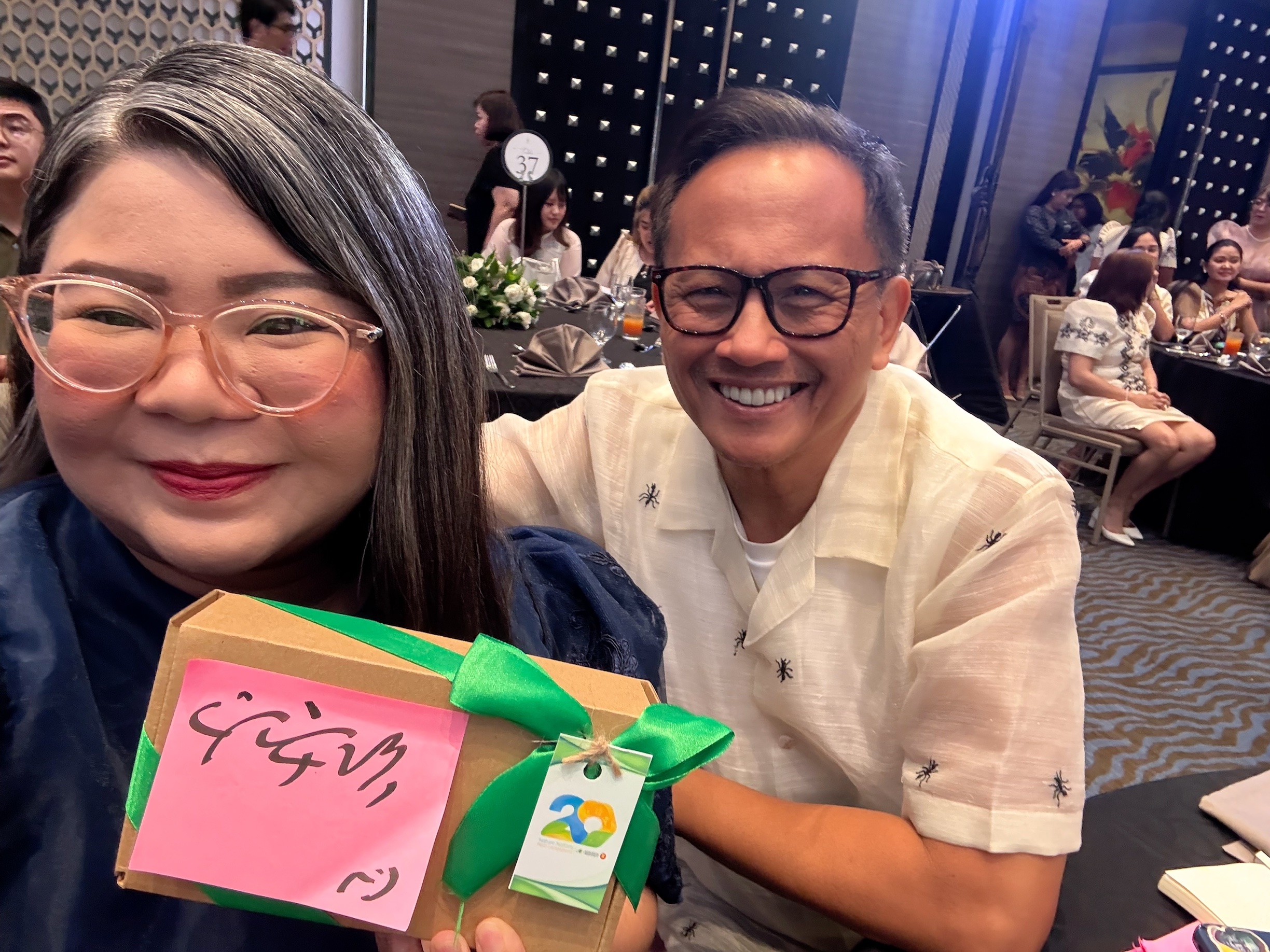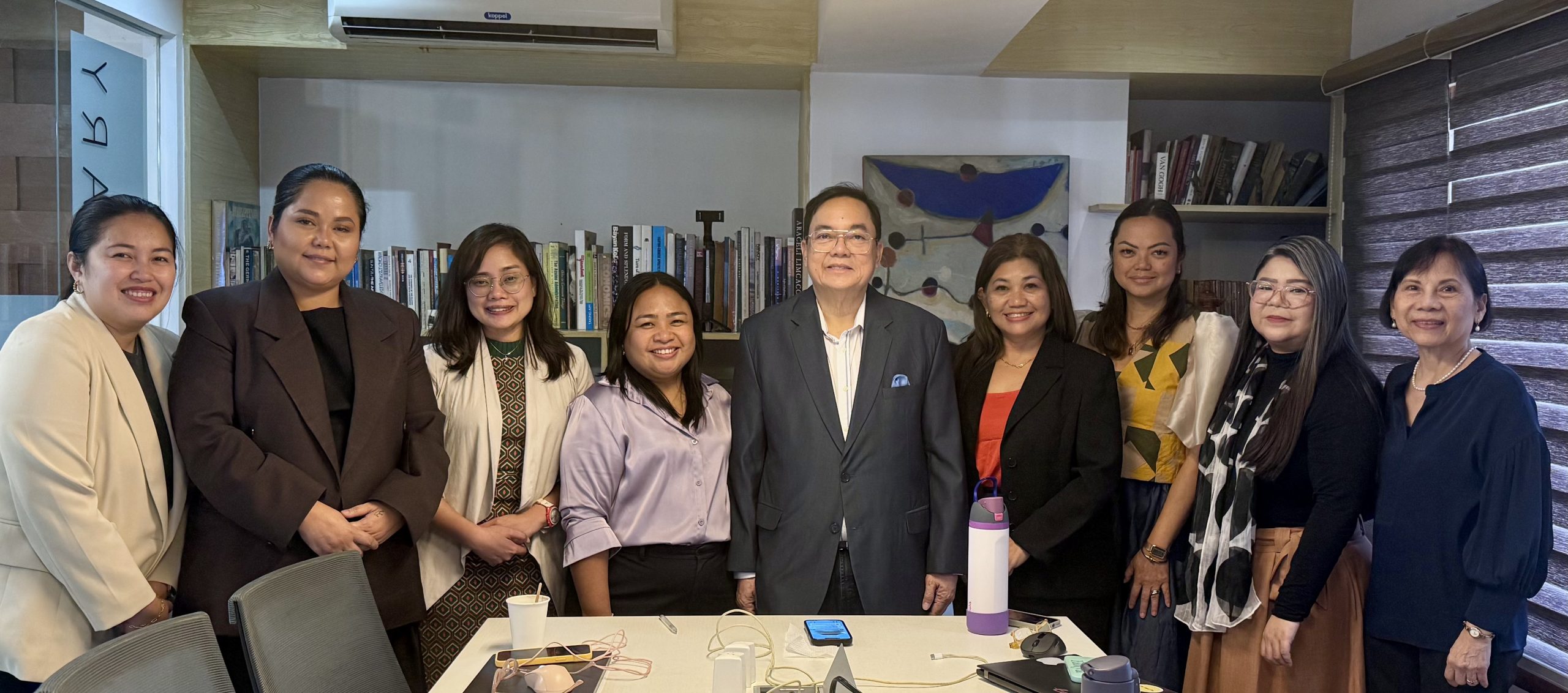
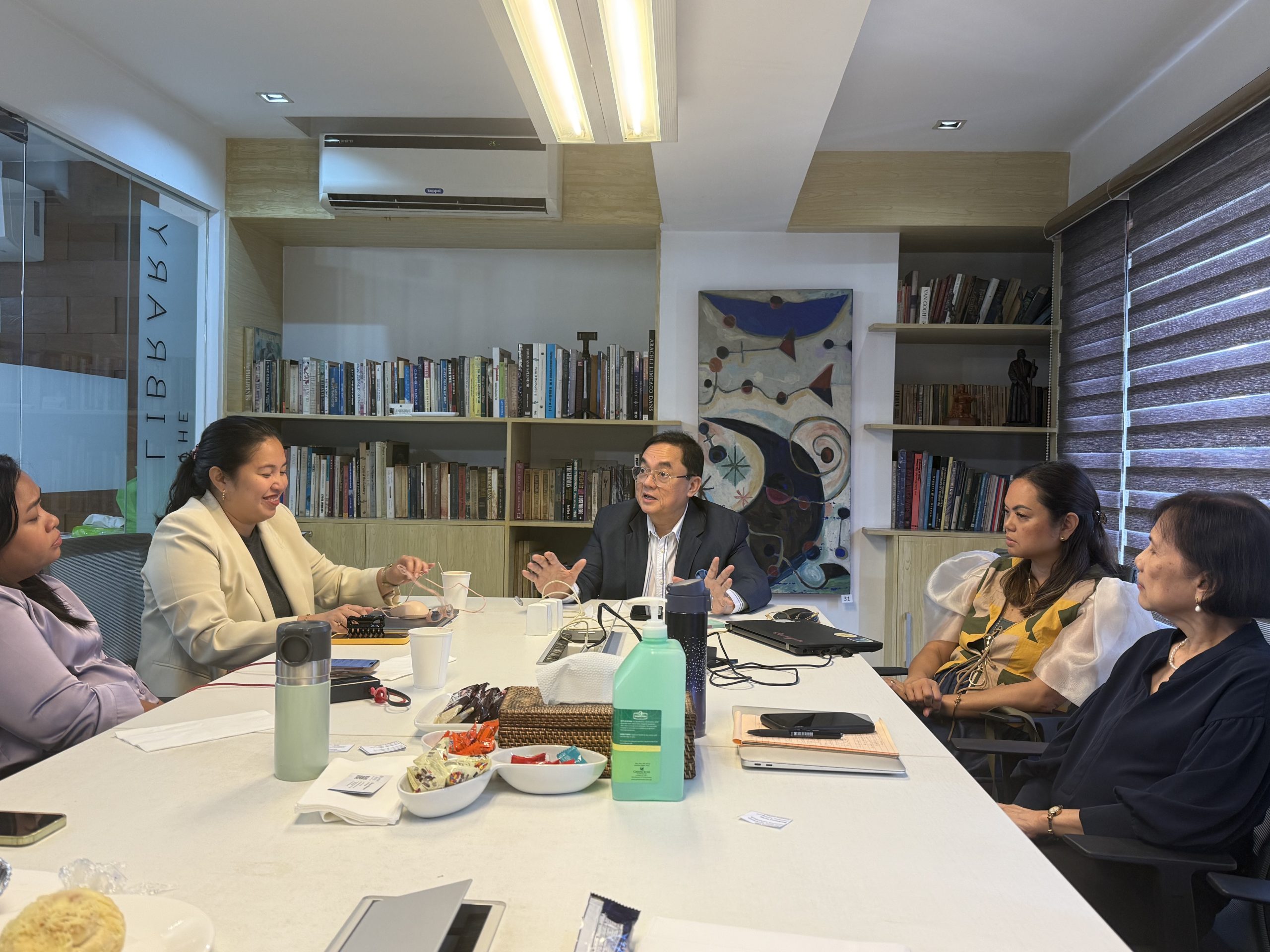
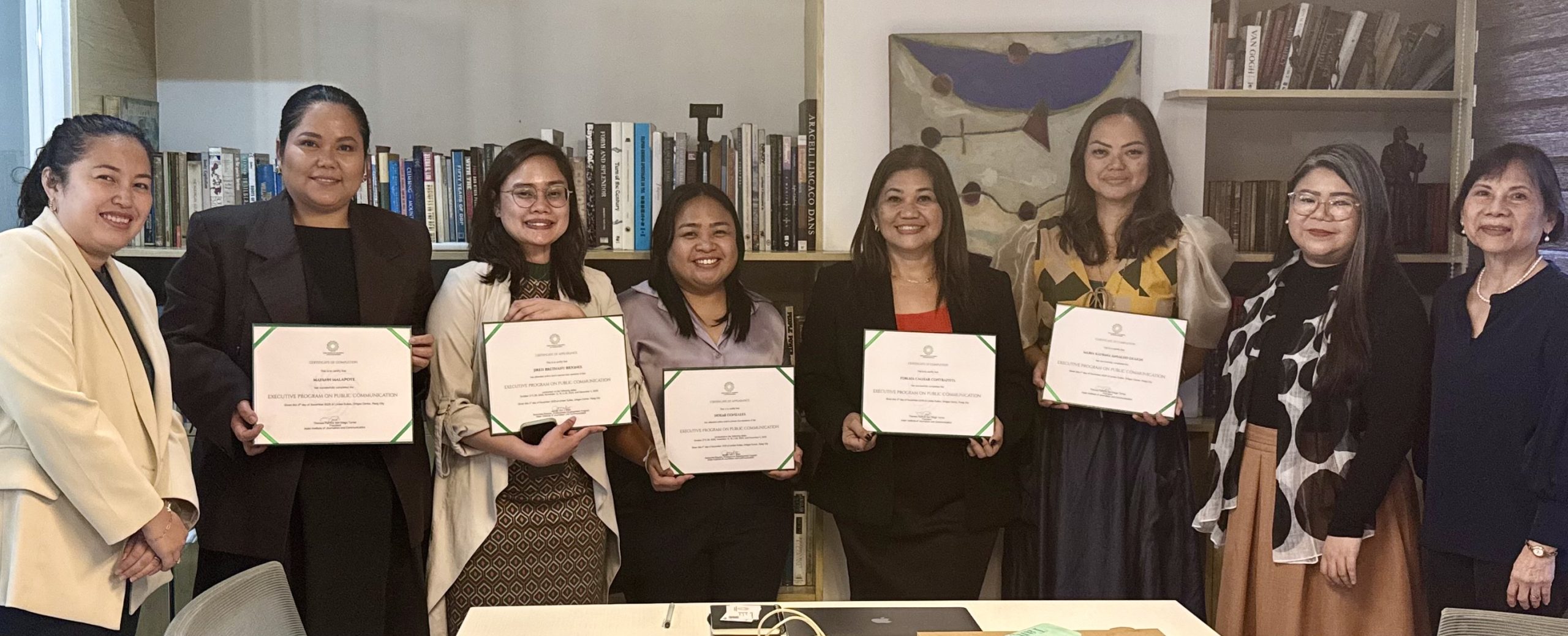
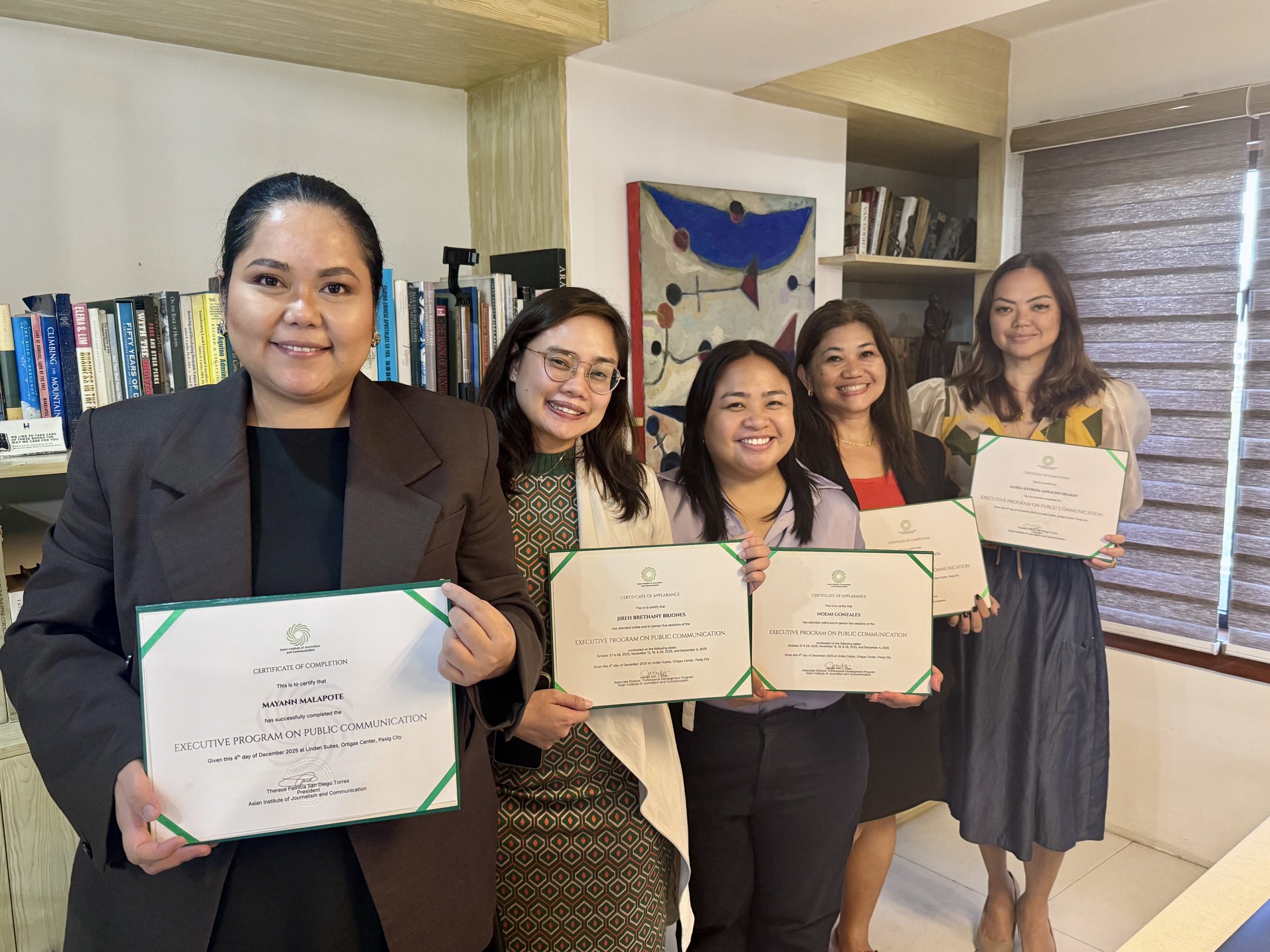
Five women leaders from the banking, government, healthcare, and hospitality sectors comprise the second batch of participants in the Executive Program on Public Communication of the Asian Institute of Journalism and Communication (AIJC).
The culminating activity, held on December 3, 2025 at the Linden Suites in Pasig City, marked the completion of an intensive eight-week course designed to empower leaders with the strategic tools necessary to plan, navigate, and implement an effective communication plan.
“The true value of the communication planning tool lies in the discipline it brings to our work,” said AIJC Trustee and Senior Director for Research, Policy, and Advocacy Ann Lourdes C. Lopez. “While it is easy to come up with activities or messages, what truly matters is our ability to plan and implement communication efforts effectively, with measurable outcomes.”
“Indeed, one of the most important aspects of communication planning is its focus on measurement,” said Therese San Diego Torres, AIJC president. “With clear indicators and quantifiable outcomes, we can confidently say that our communication plans are not only strategic but also effective. We can point to results, not just intentions.”
During the culminating activity, the participants presented their respective communication plans and the key messages they developed. Joining this cohort were Jireh Brethany Briones, Sr. Marketing Communications Specialist, Siemens Healthcare, Inc.; Ferliza Contratista, a communication consultant based in Cebu; Maria Katrina Ansaldo Deakin, Corporate Communications Head, Security Bank; Noemi Gonzales, Department Head, Public Information Office, City of Muntinlupa; and Mayann Malapote, Hotel Manager, Belmont Hotel Manila.
The program aimed to equip participants with essential skills to launch evidence-based public communication endeavors, manage crises, and build sustainable relationships with stakeholders.
The curriculum was structured around four comprehensive modules:
- Module 1: Essentials of Communication
- Module 2: Issues Management and Crisis Communication
- Module 3: Communication Planning
- Module 4: Crafting Key Messages
“For someone working at the intersection of media, governance, and community engagement, the course sharpened how I design communication that is ethical, strategic, and responsive to the public, the target audiences,” said Contratista.
AIJC is now accepting participants for the Executive Program on Public Communication. The next run will begin in February 2026. Register now. For more details, visit https://aijc.com.ph/executive-program-on-public-communication/ or contact AIJC at pdp.aijc@aijci.com or +63 2 8 743 4321.
